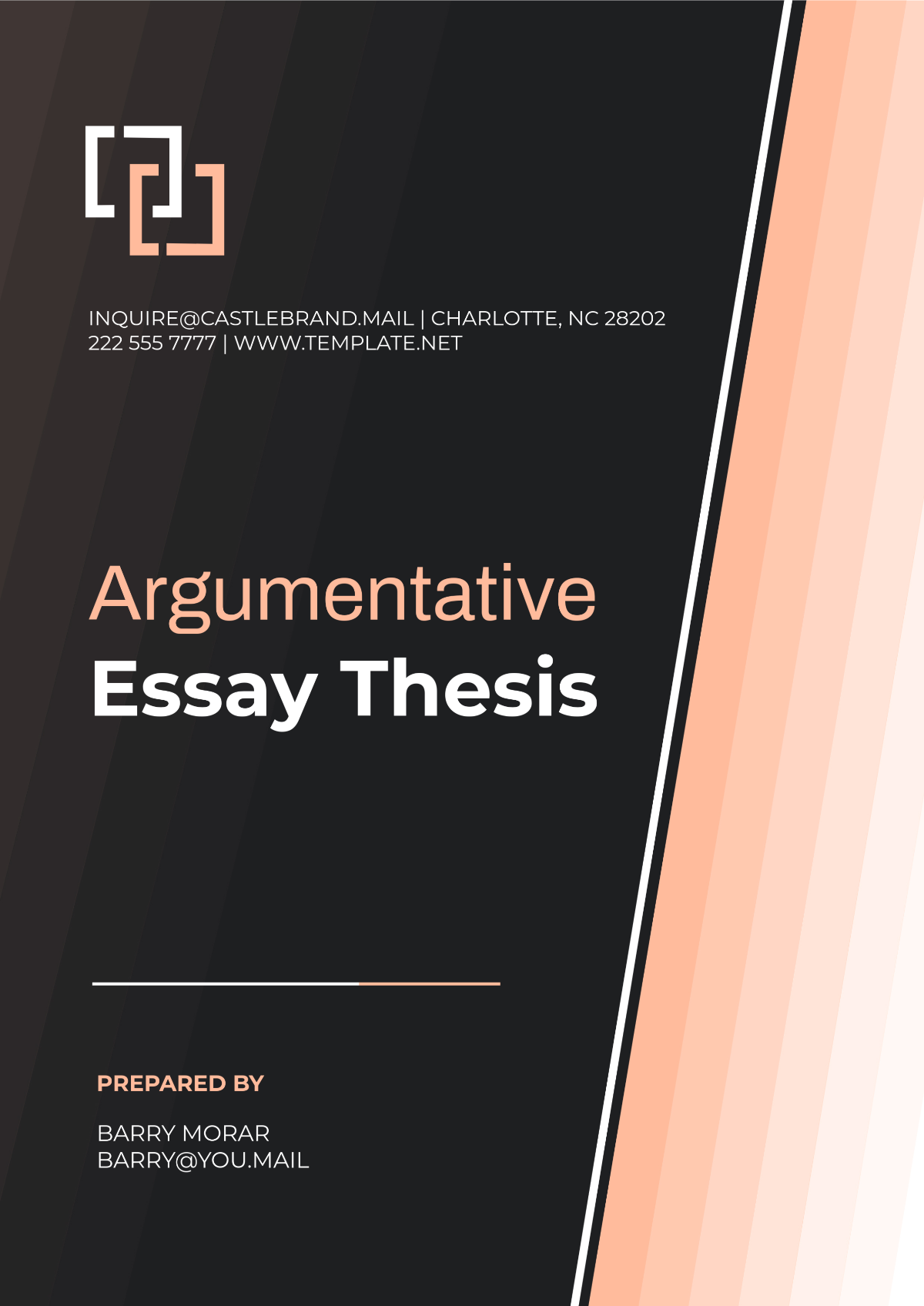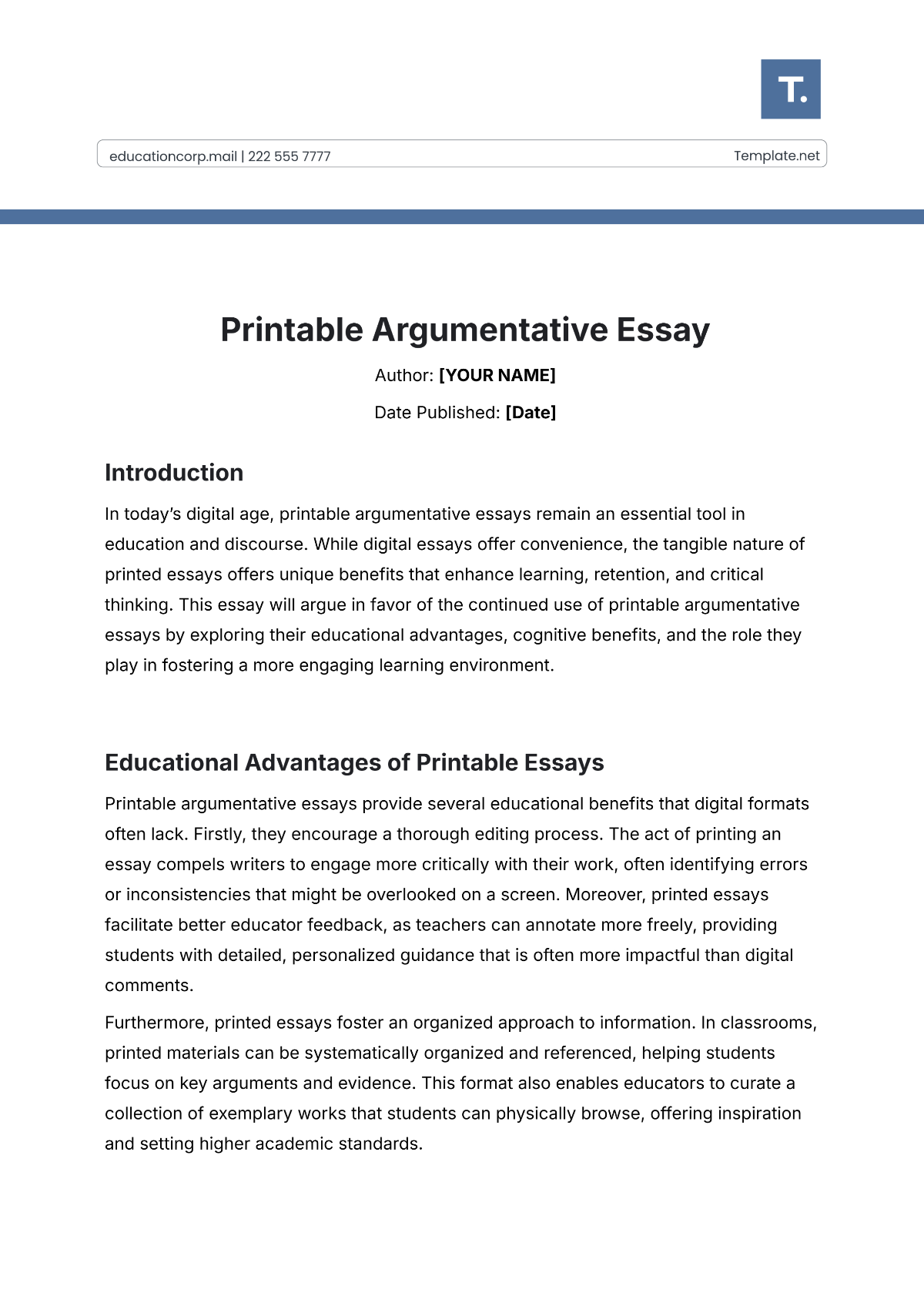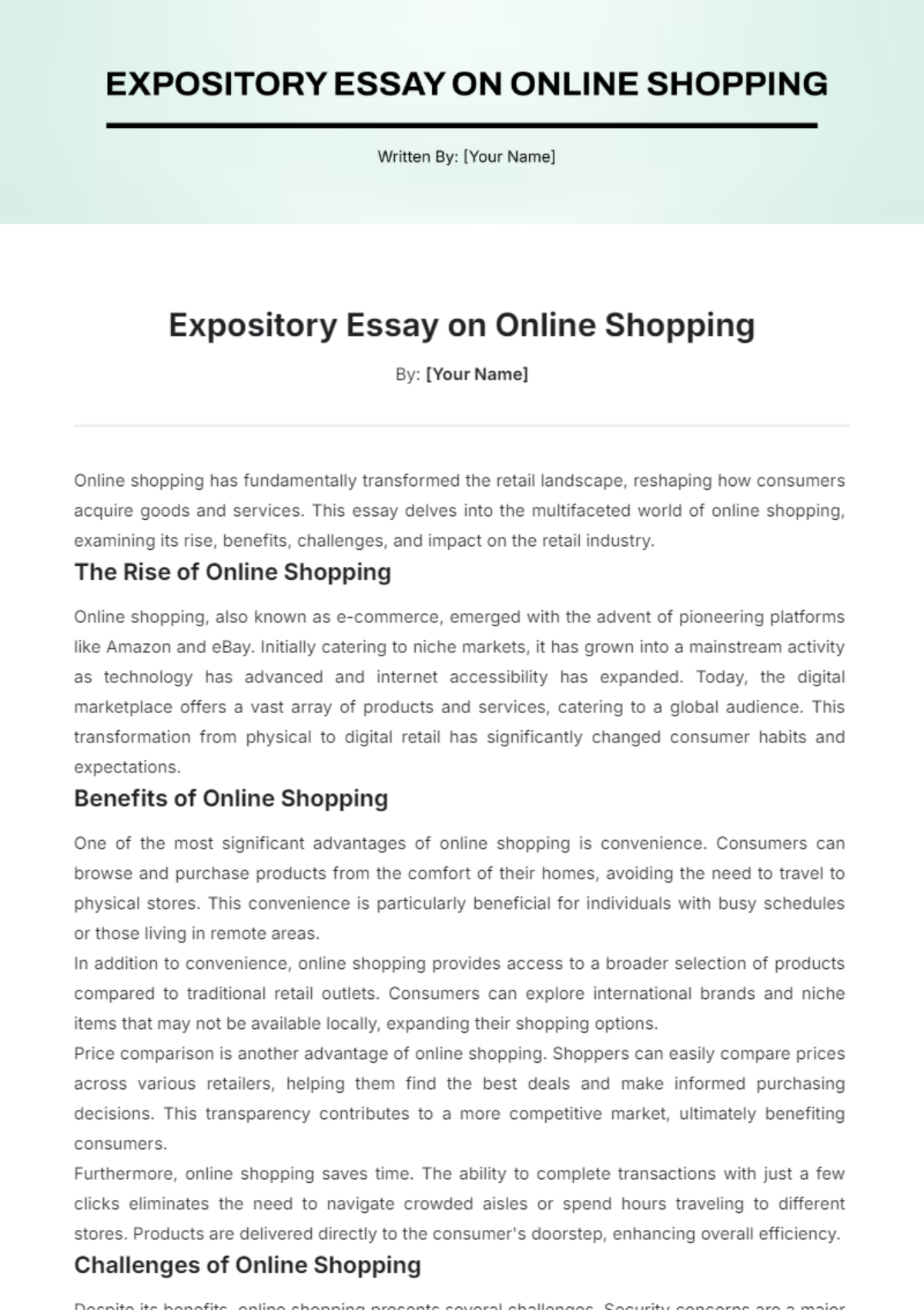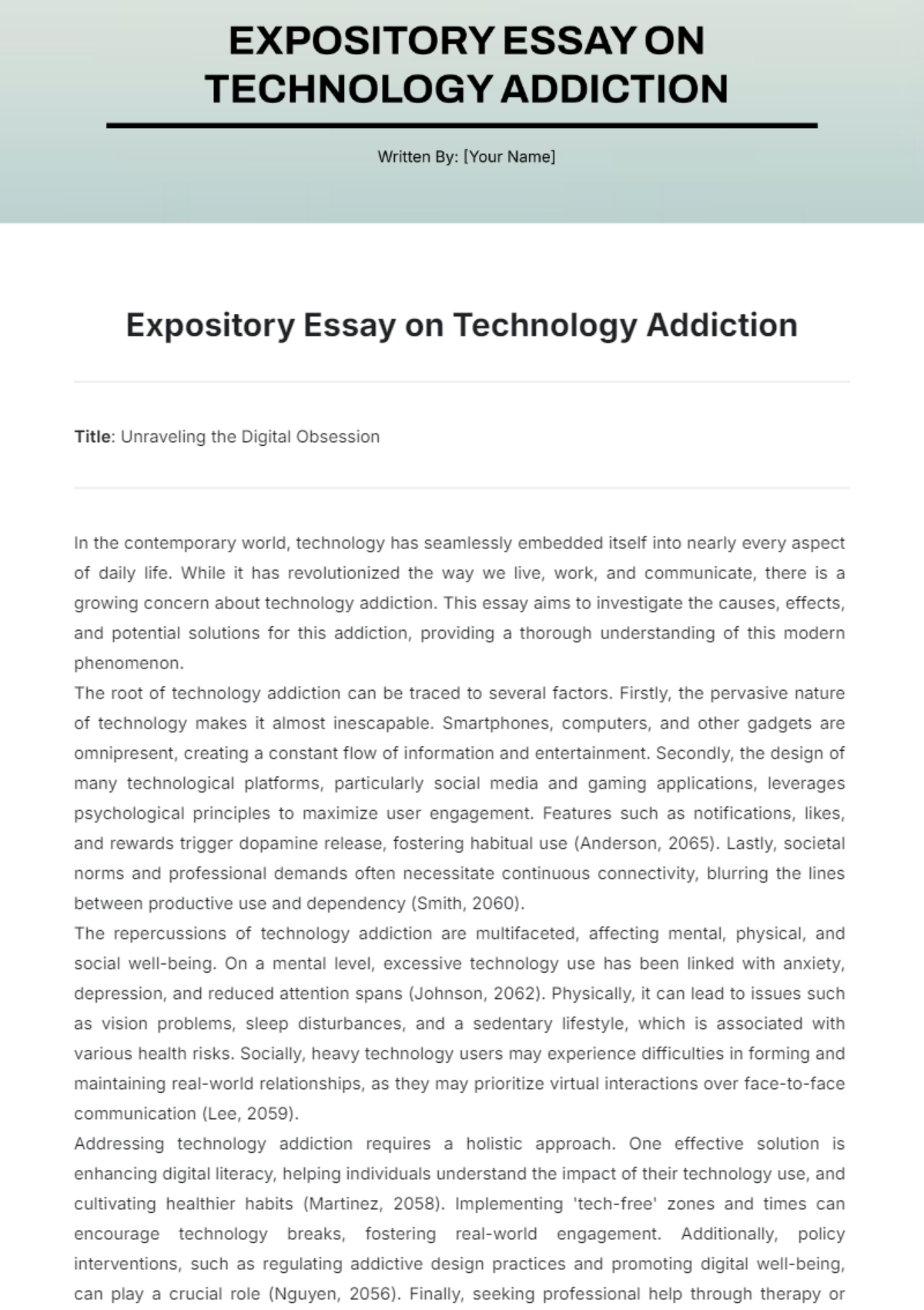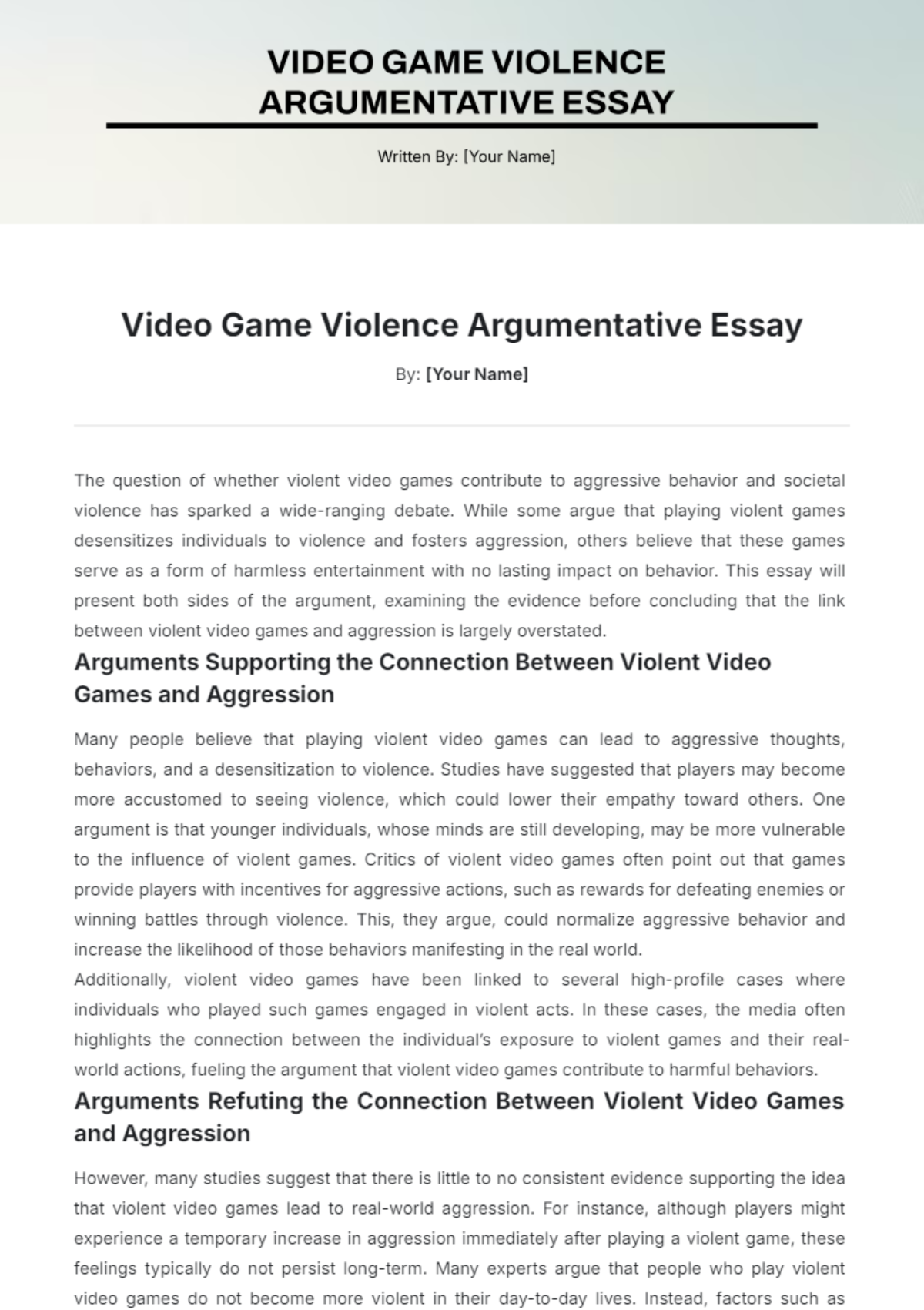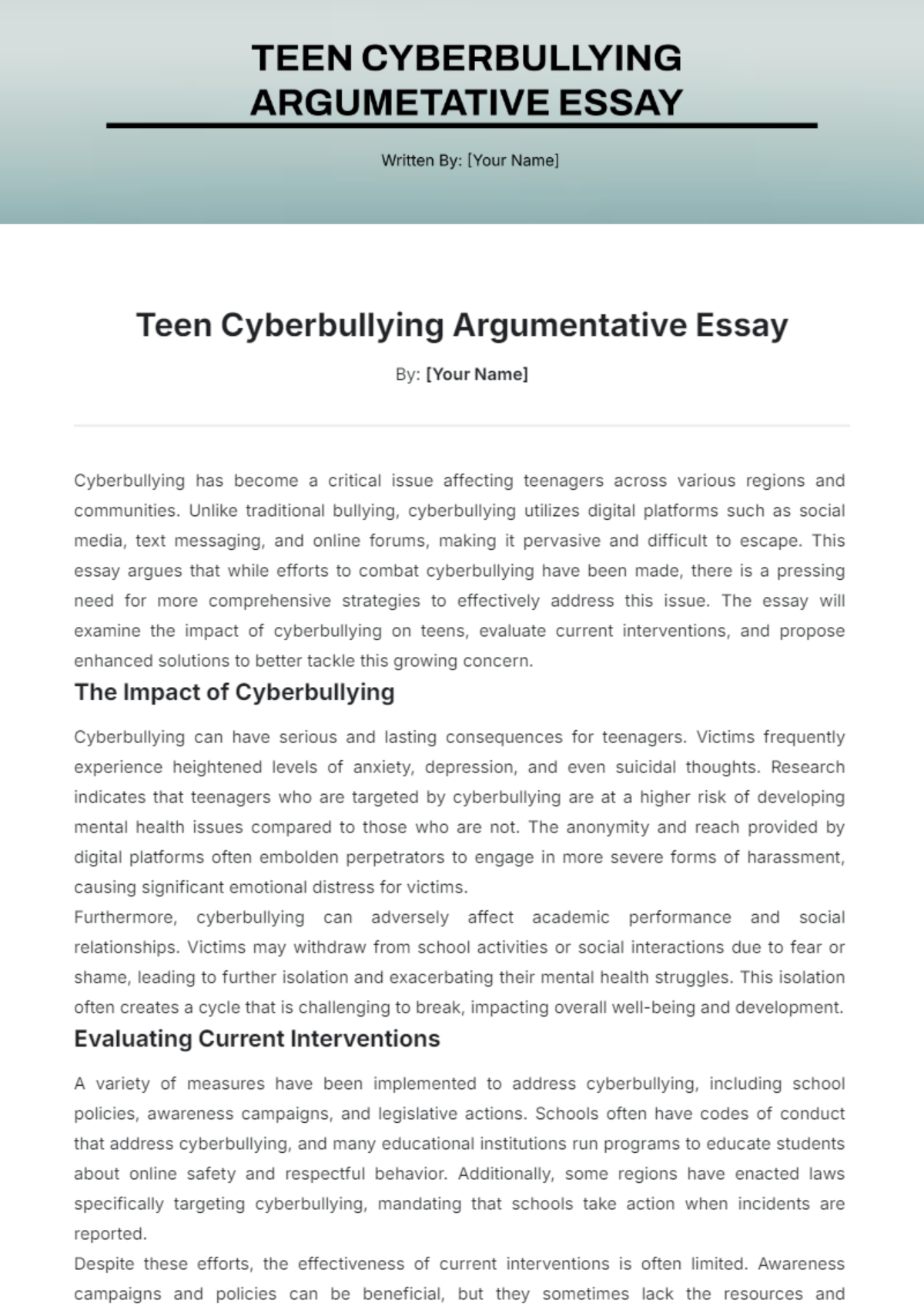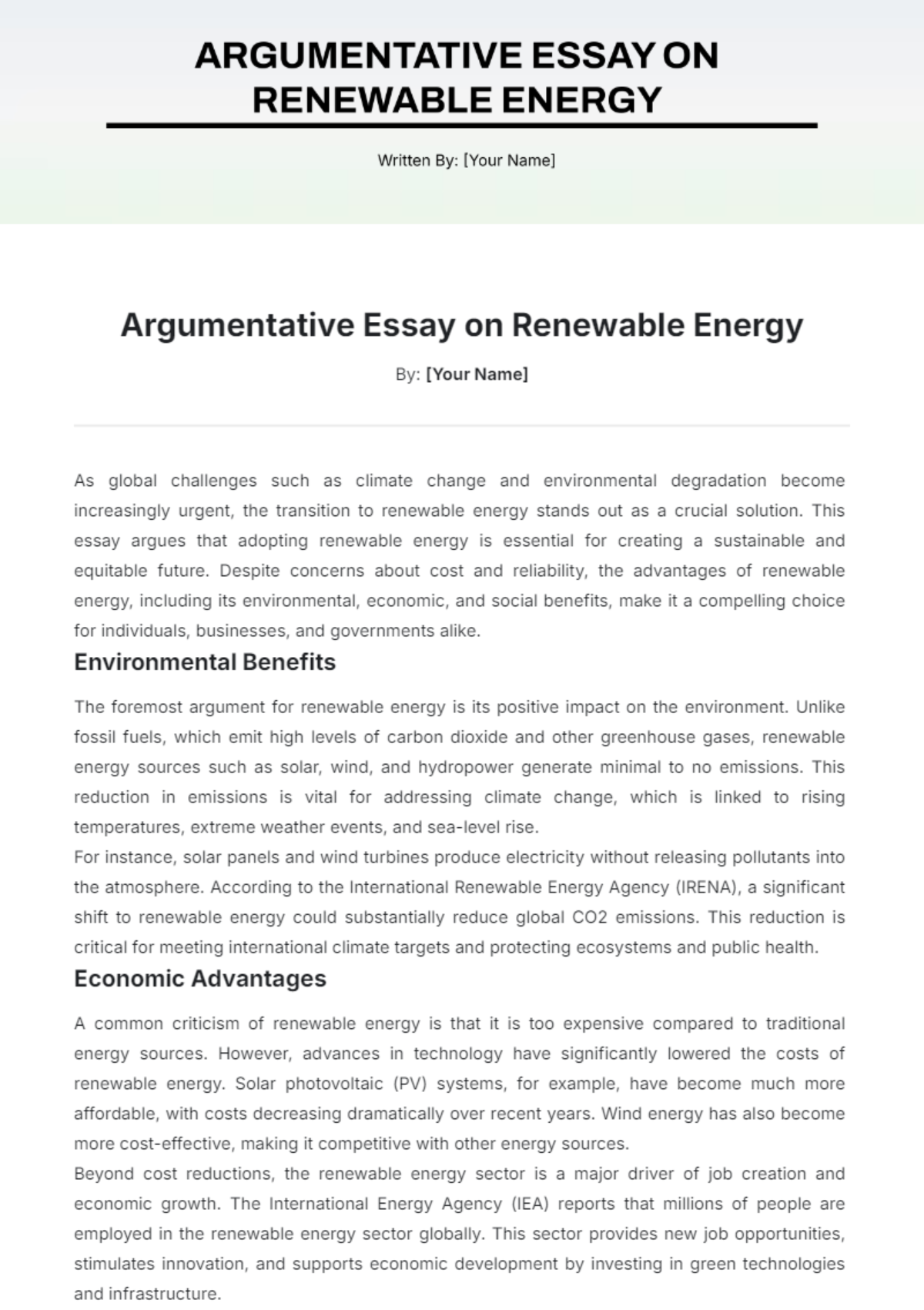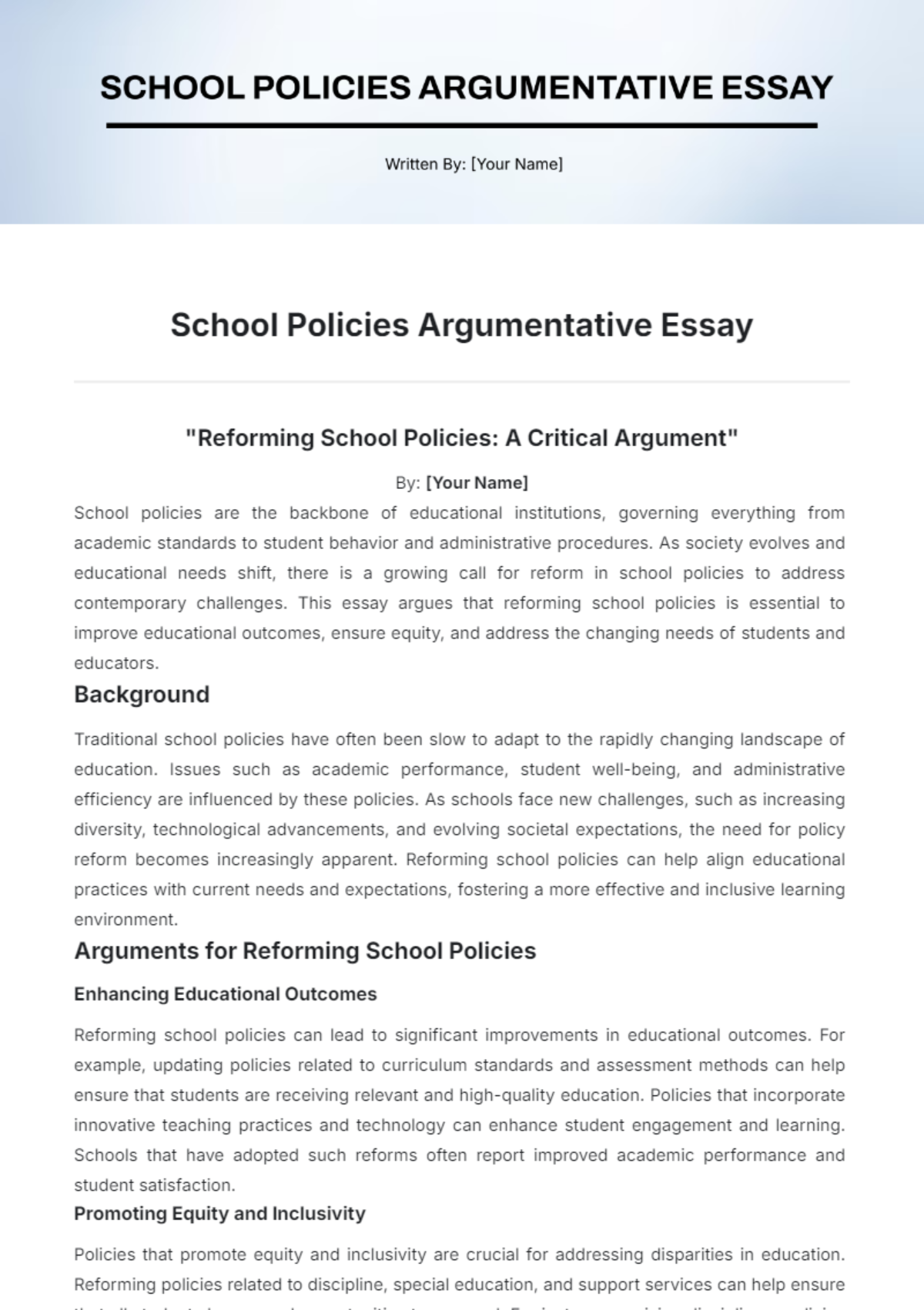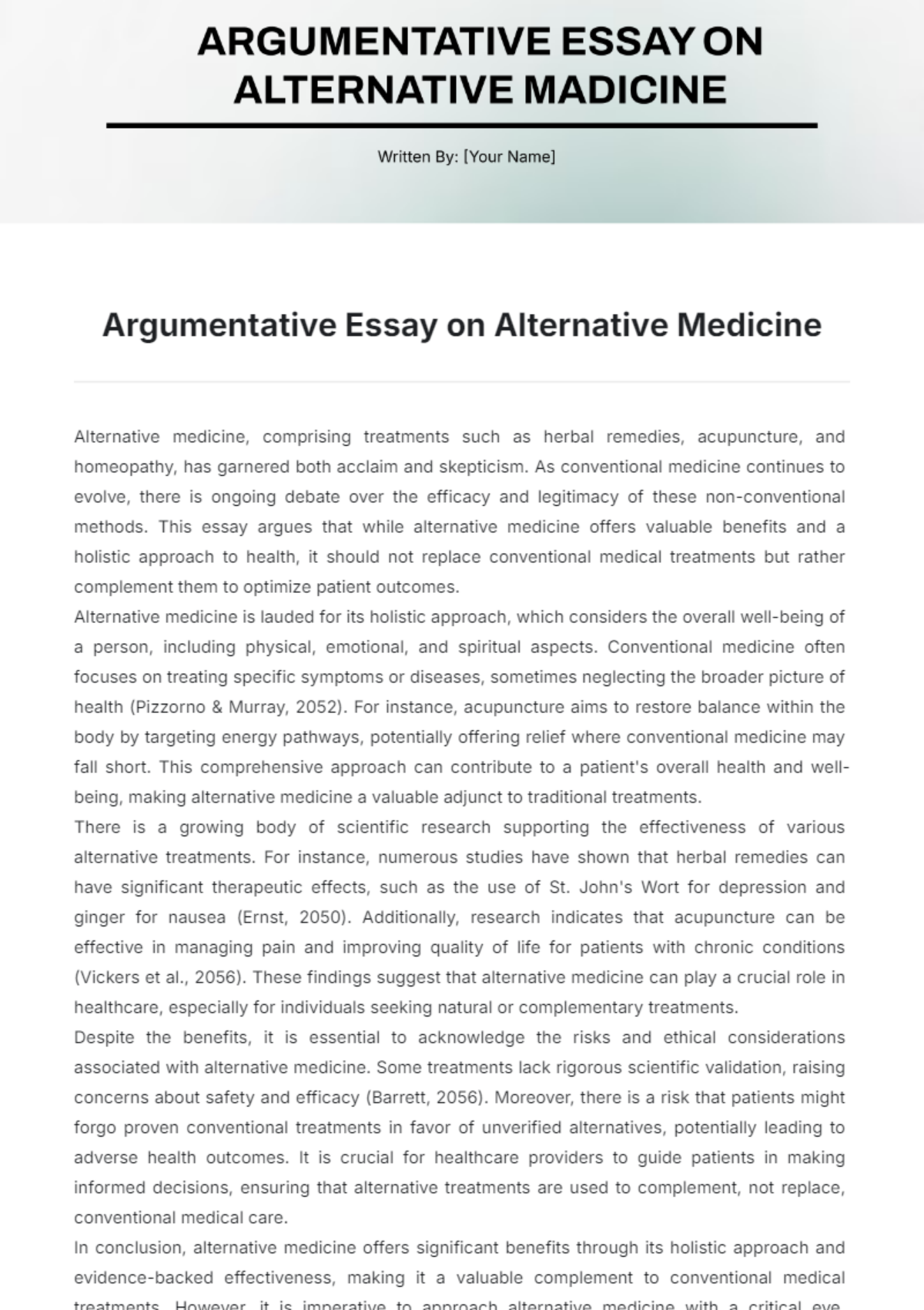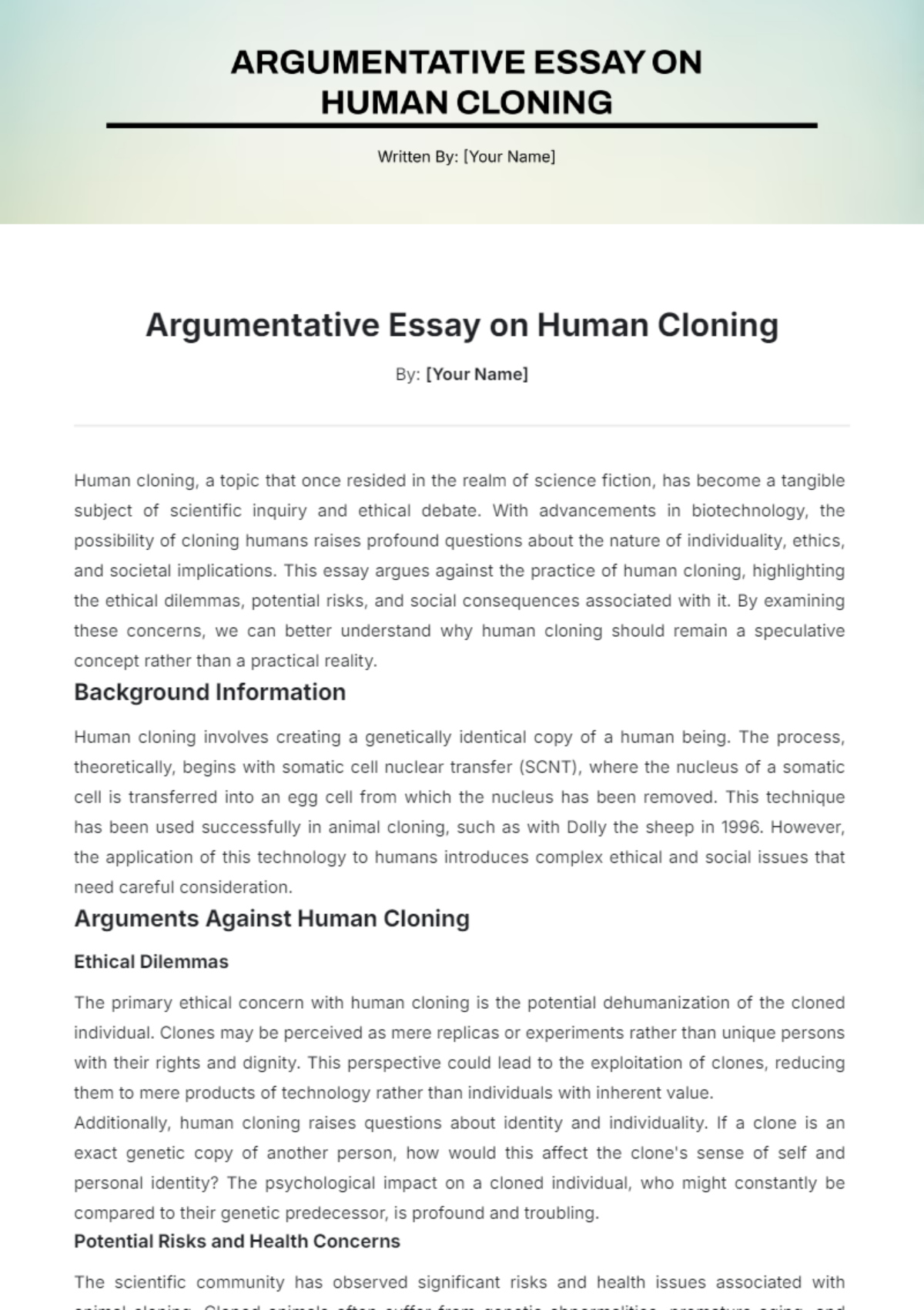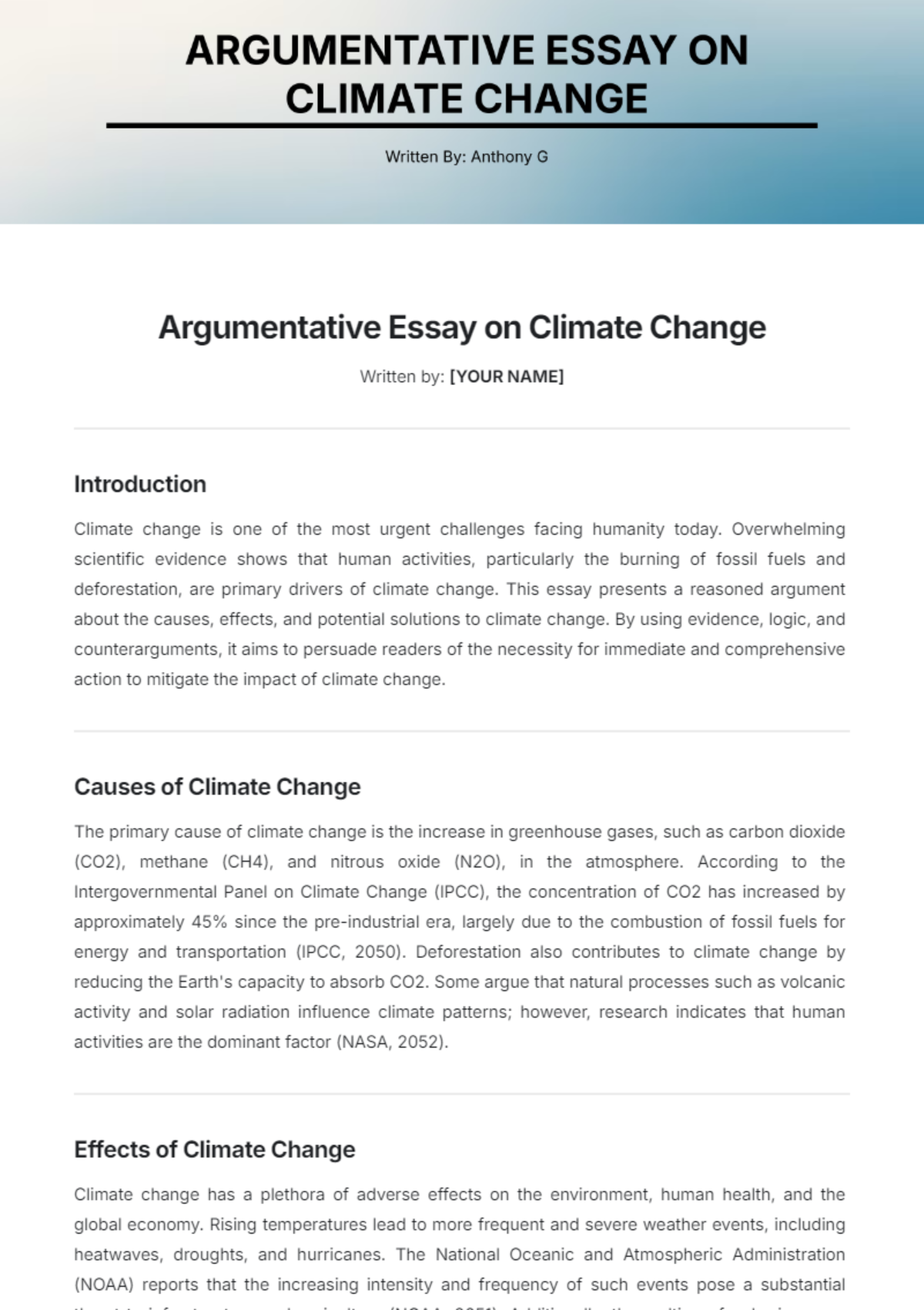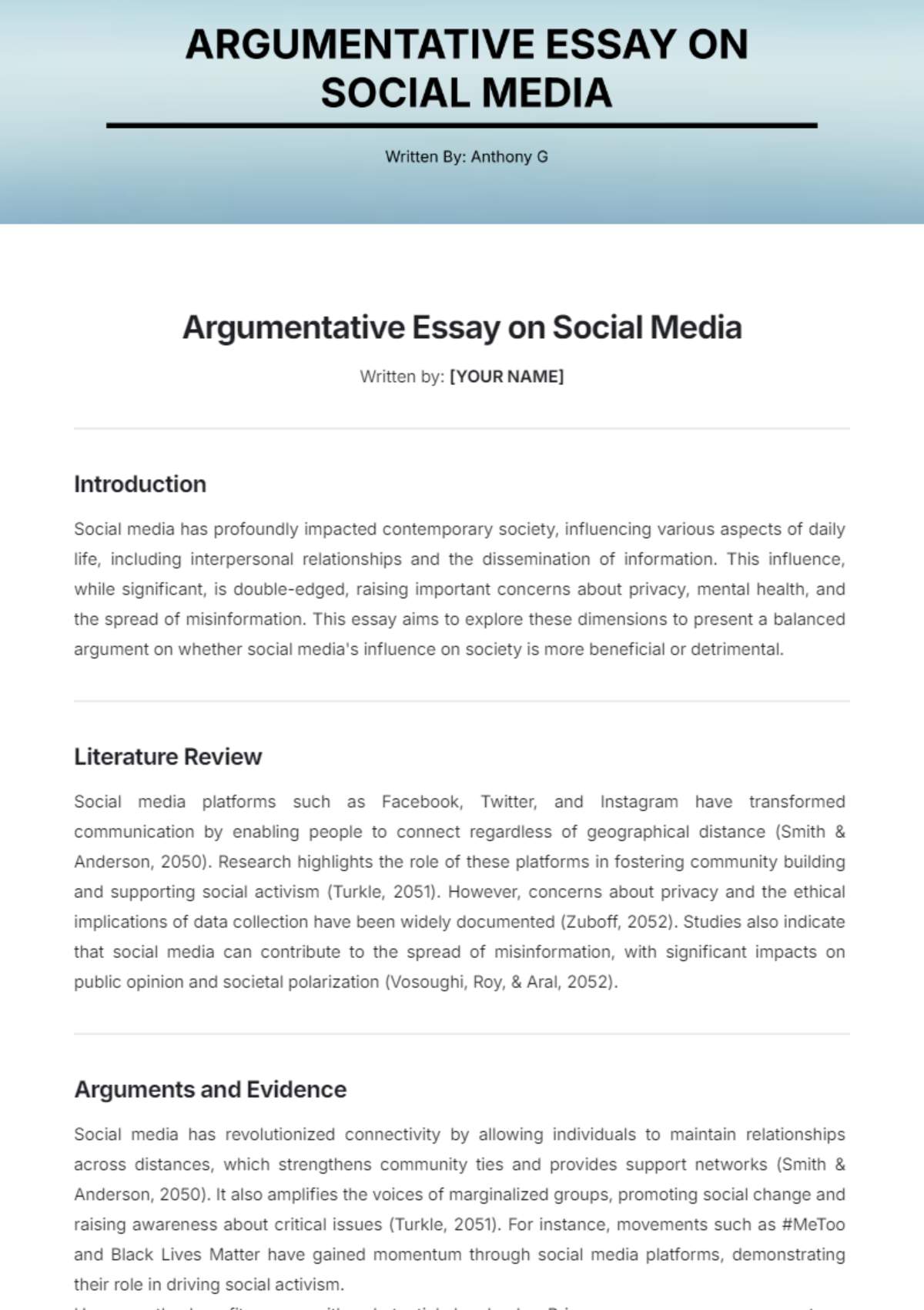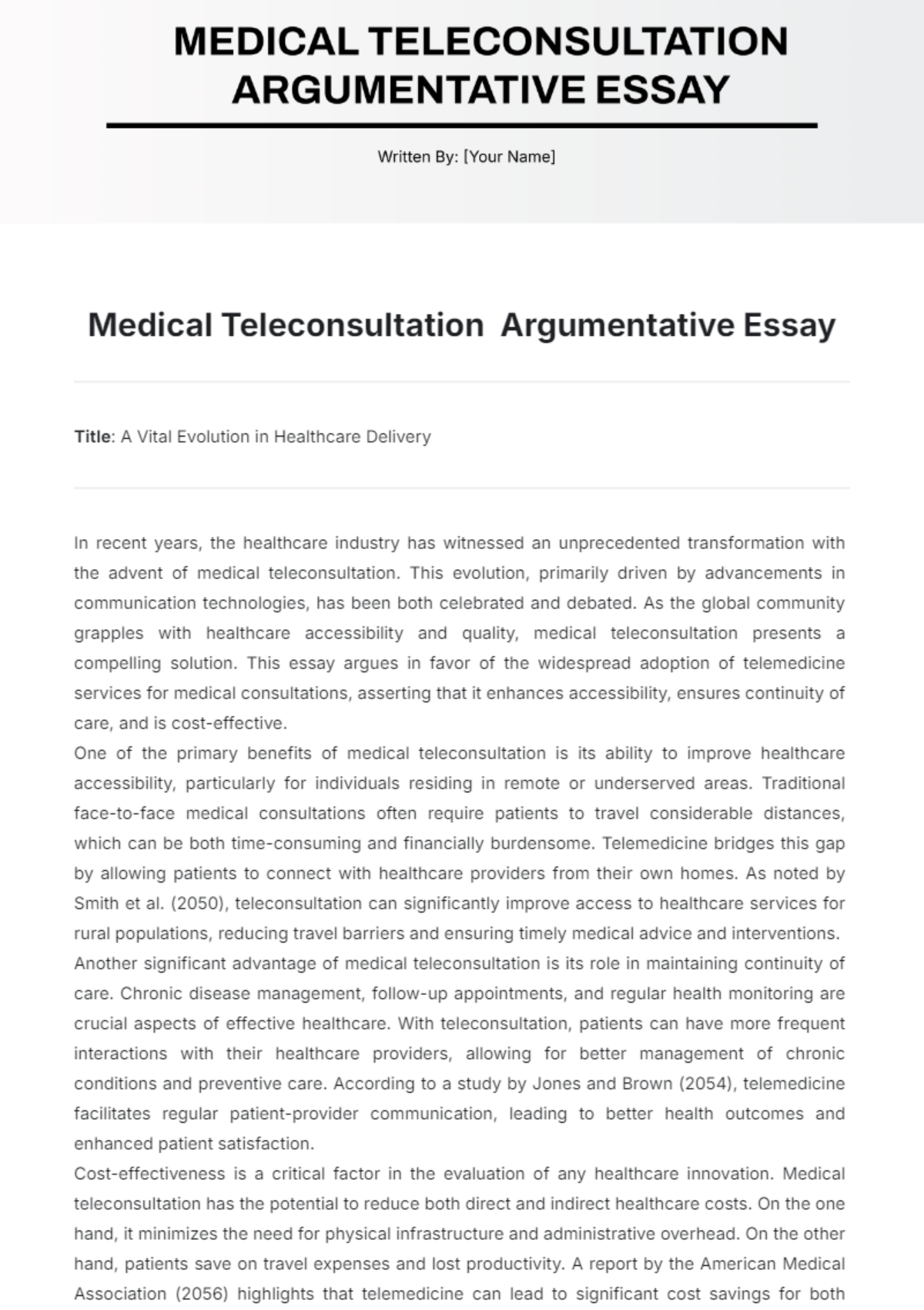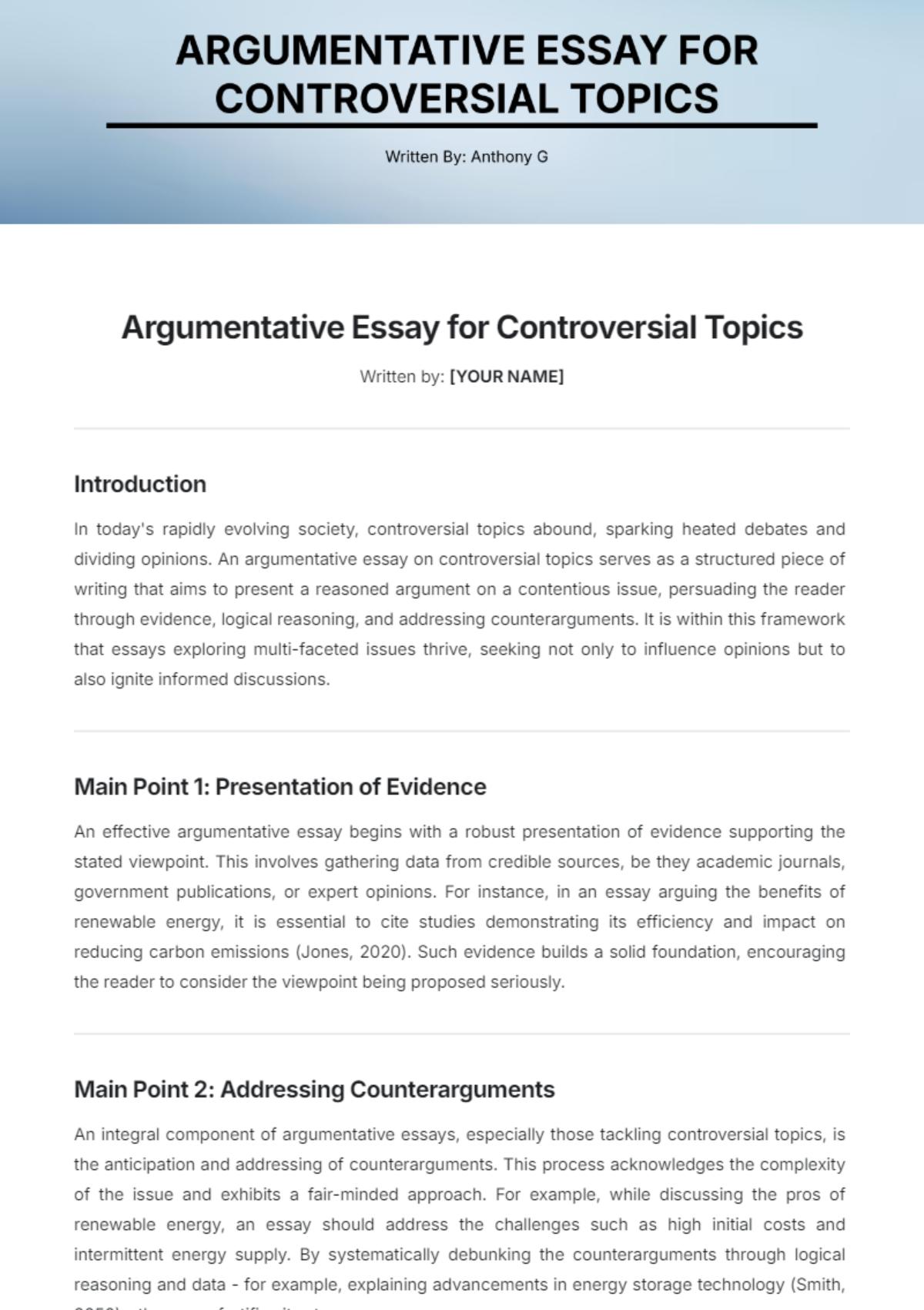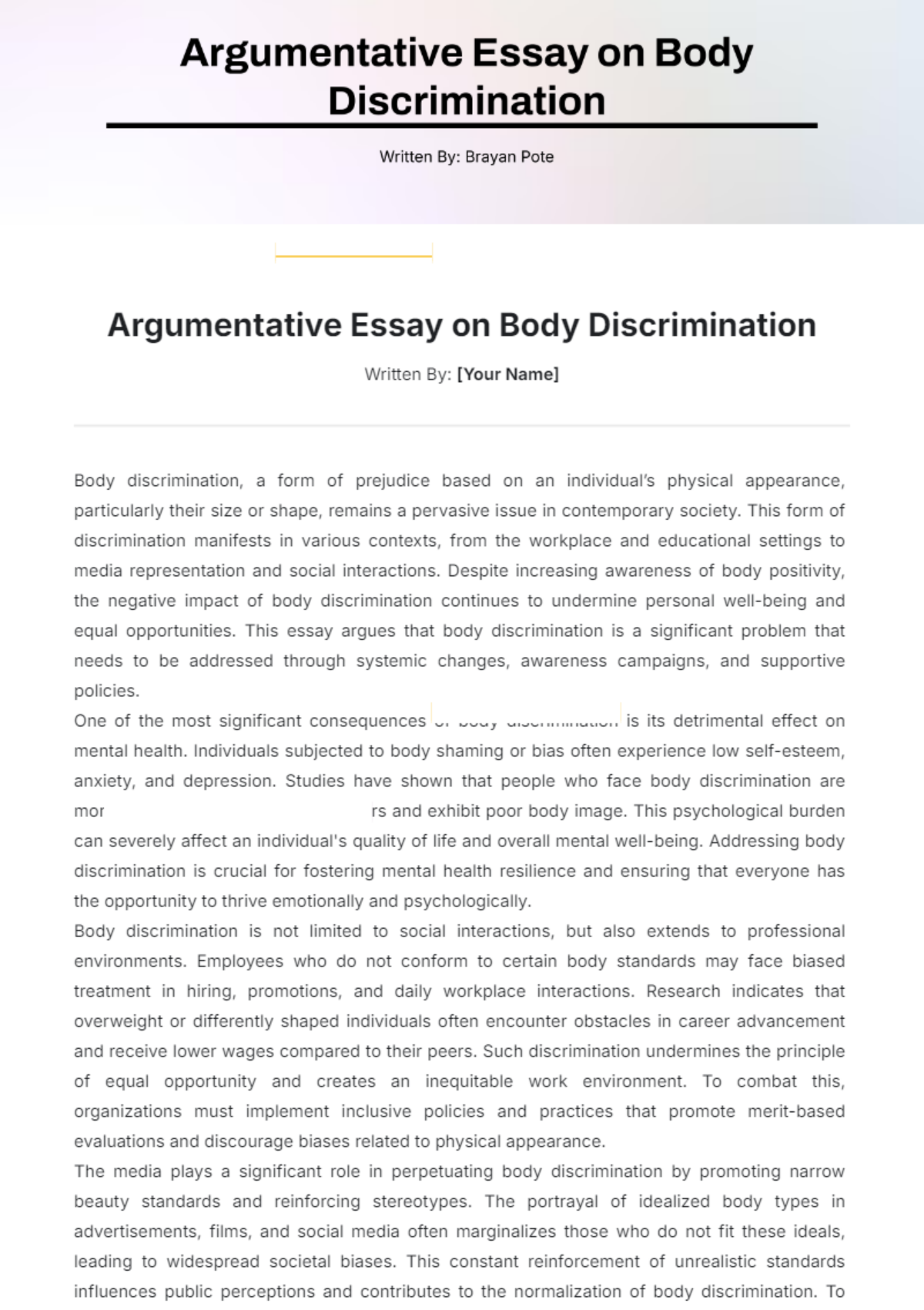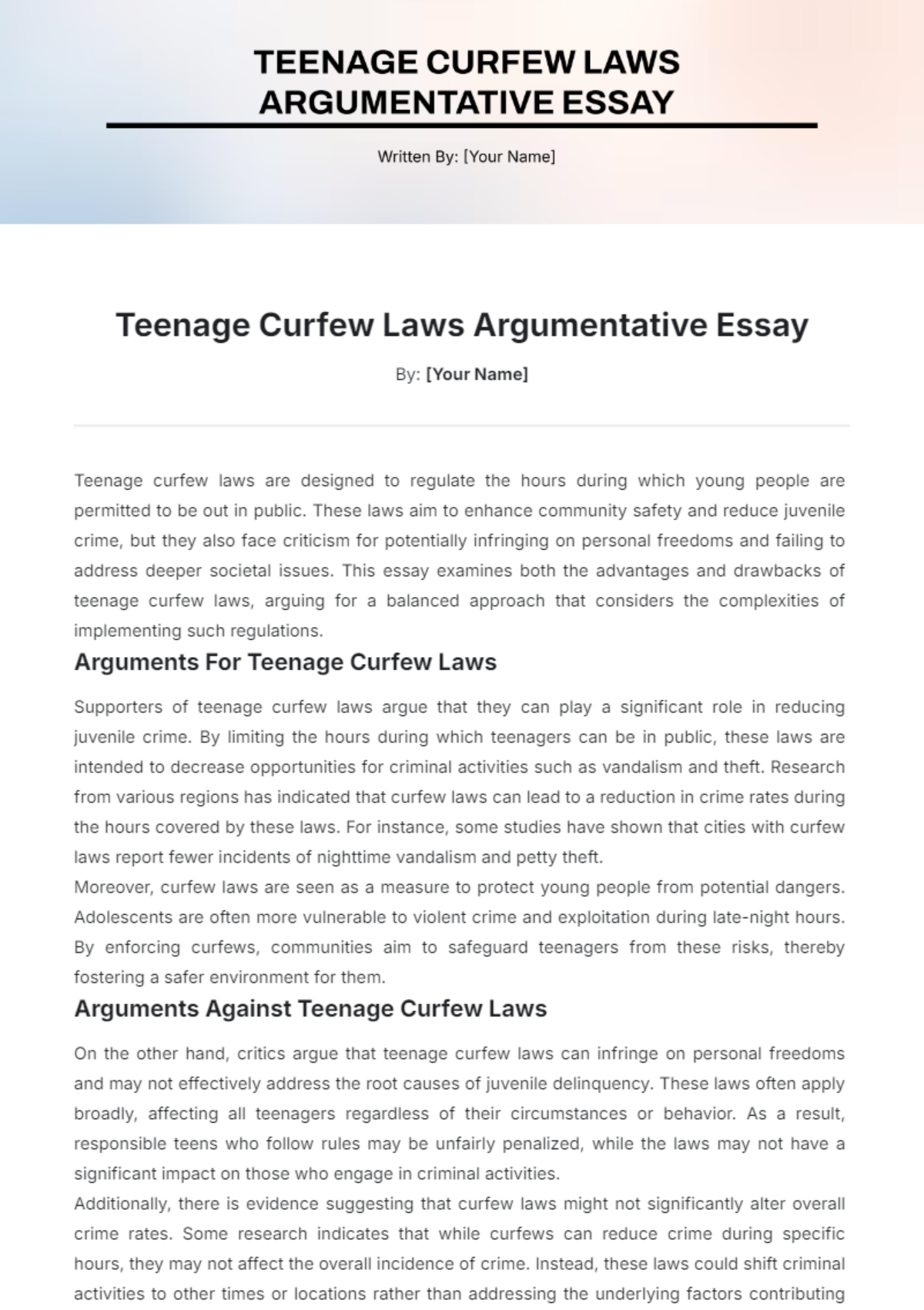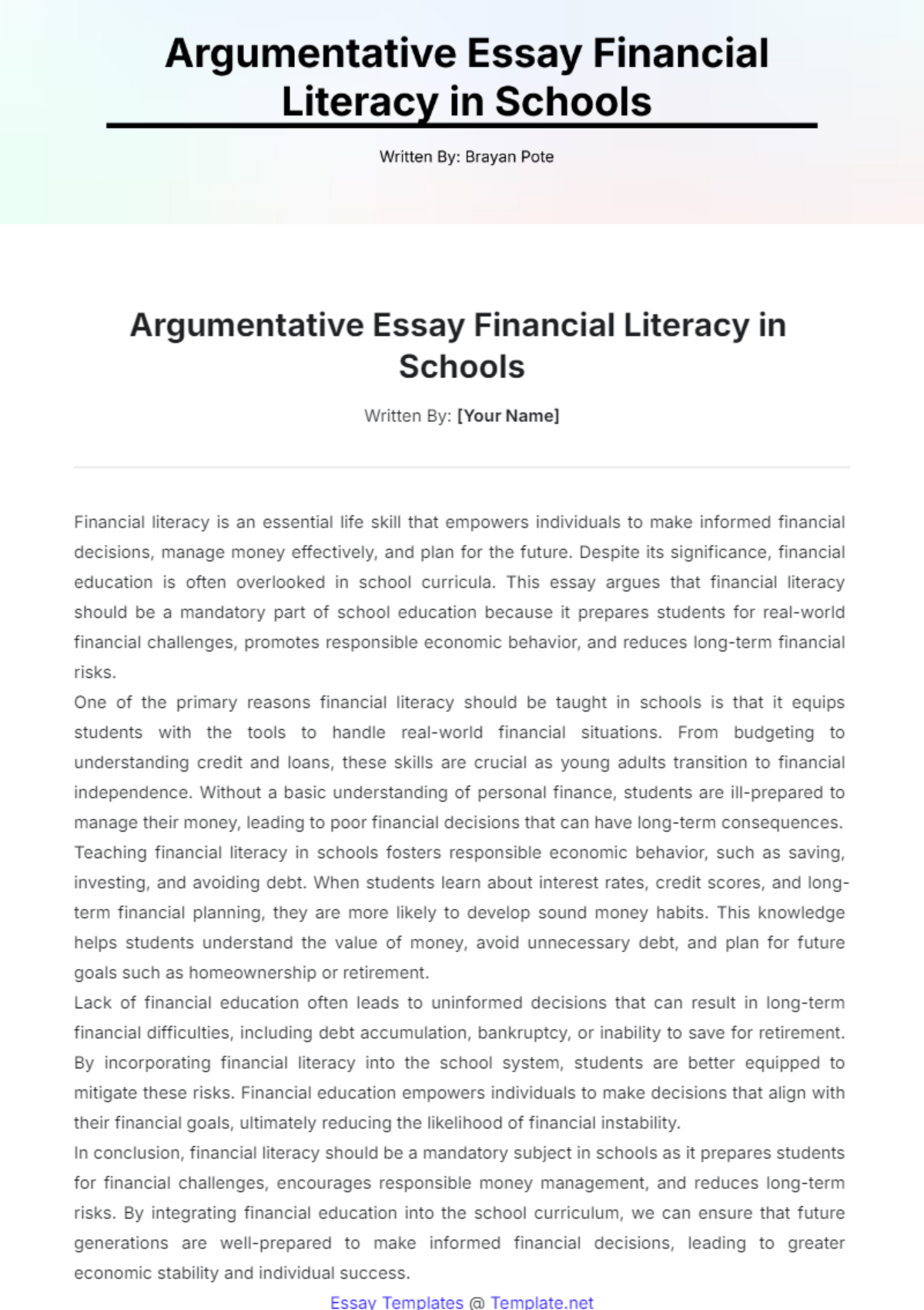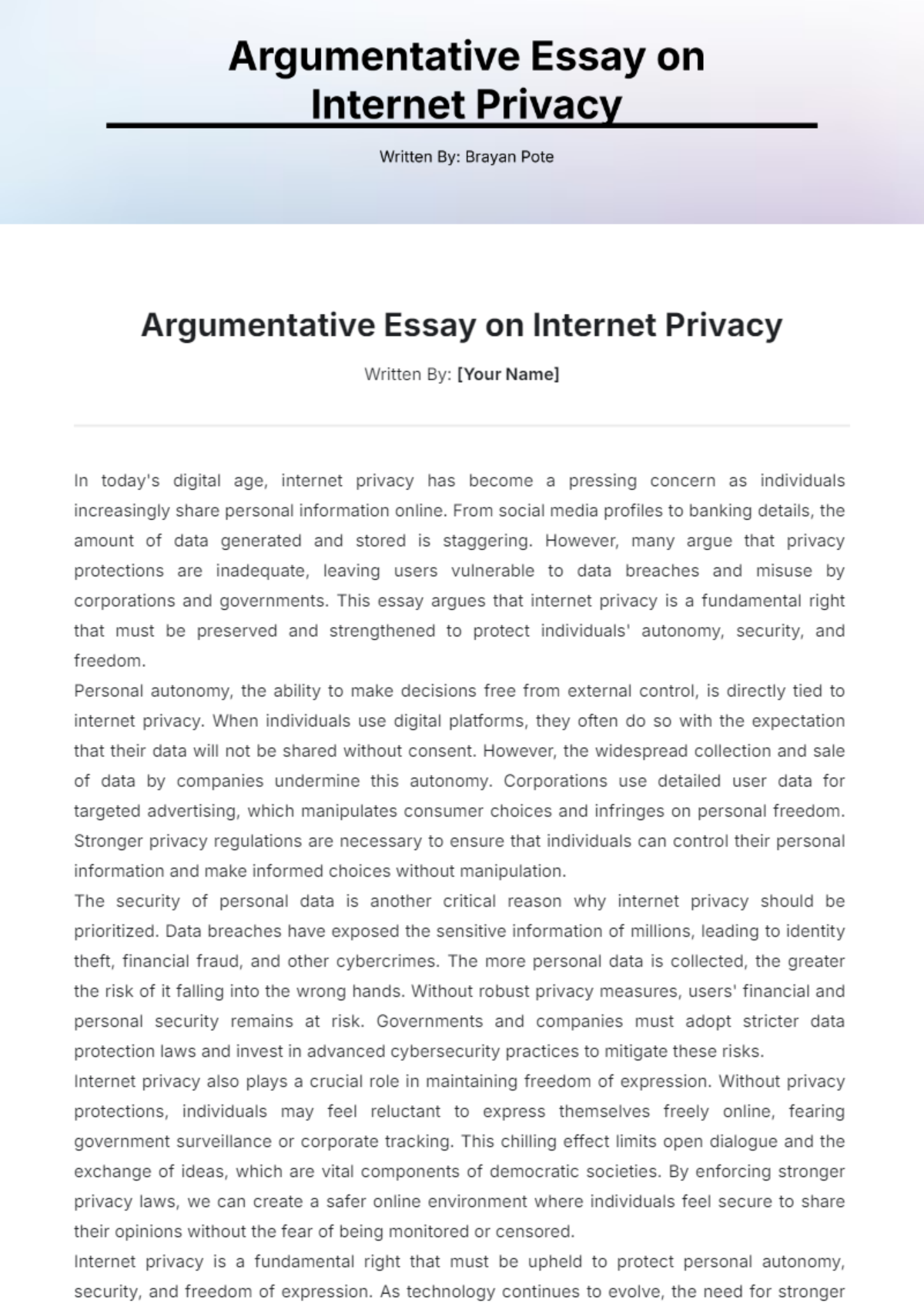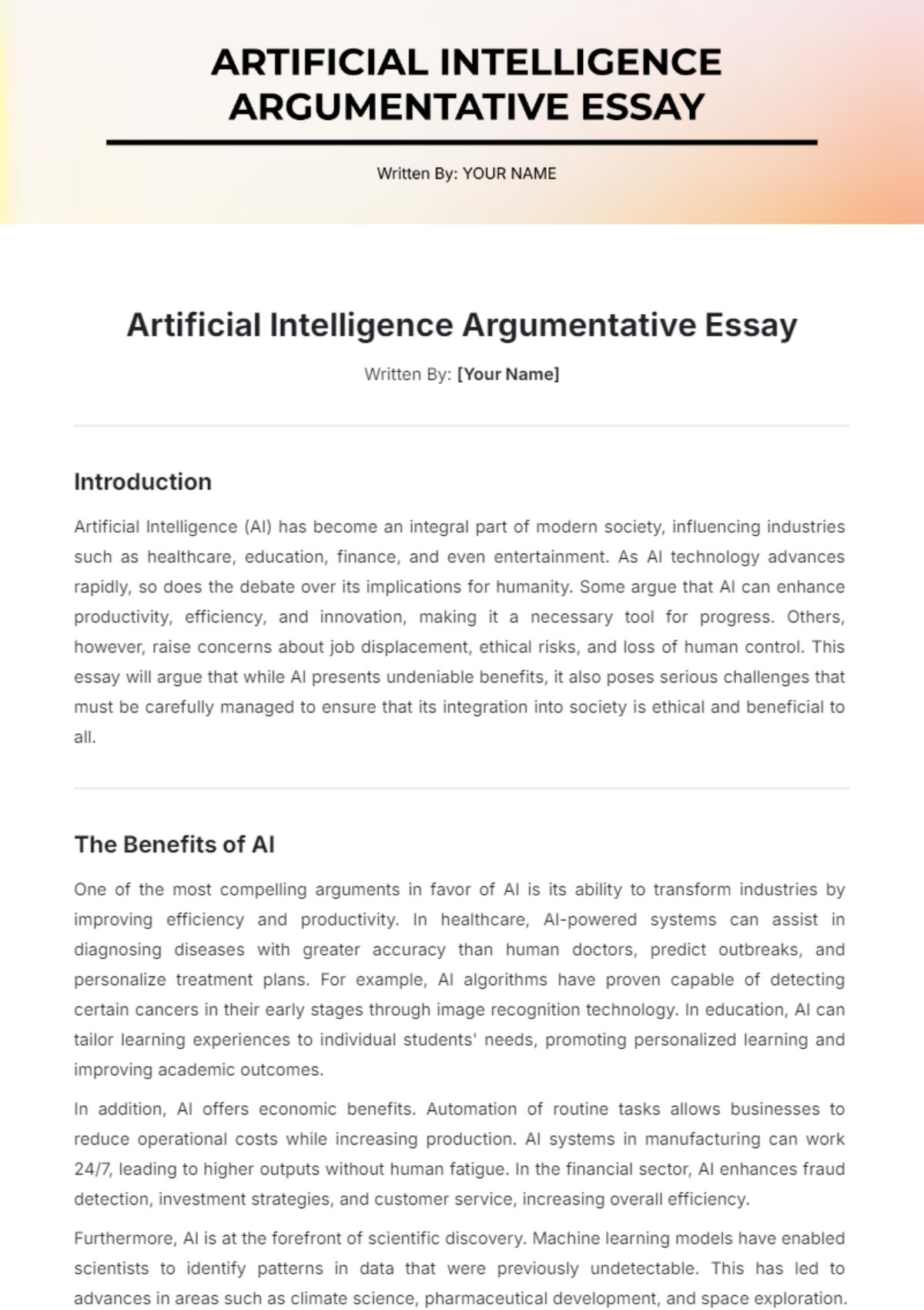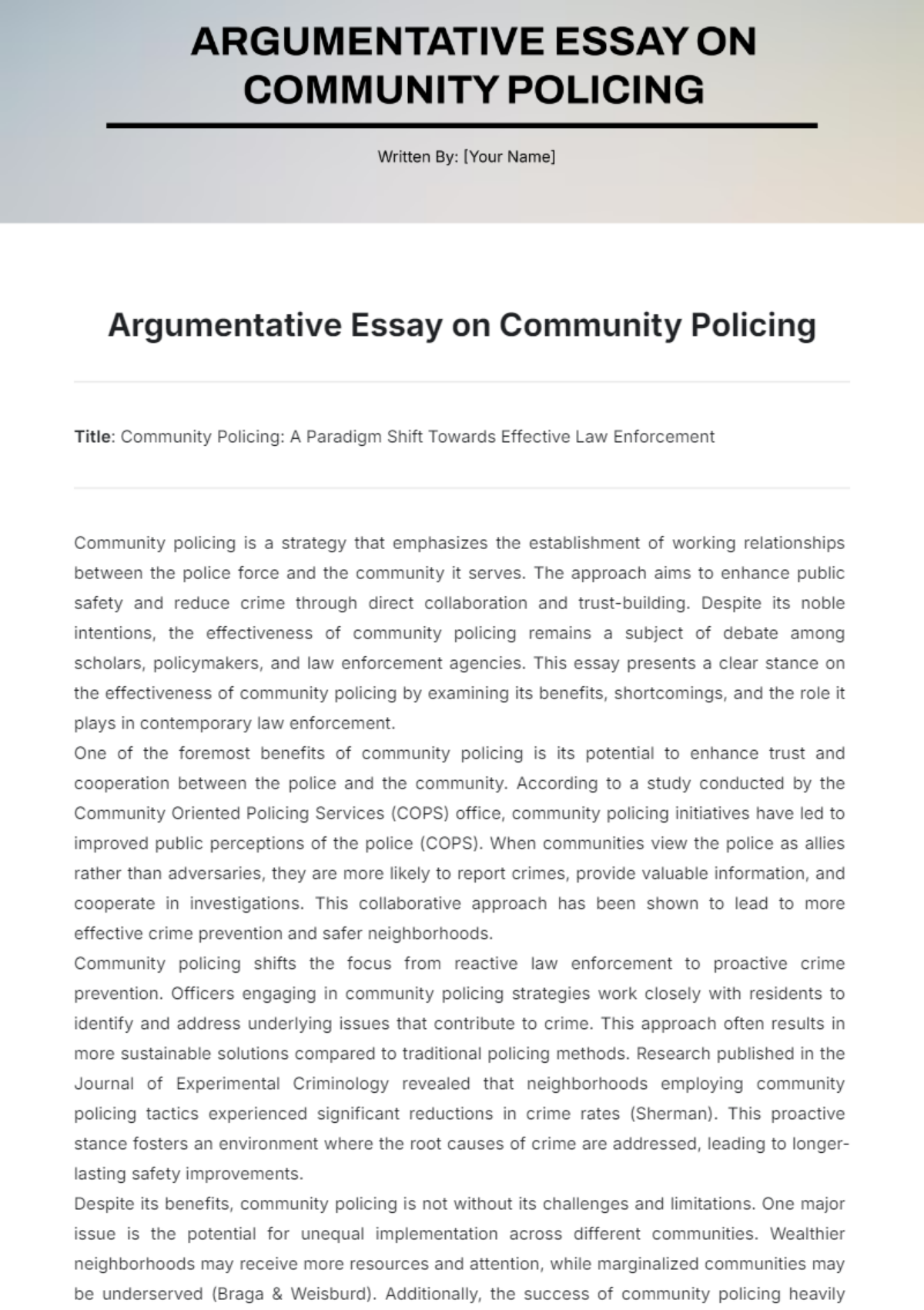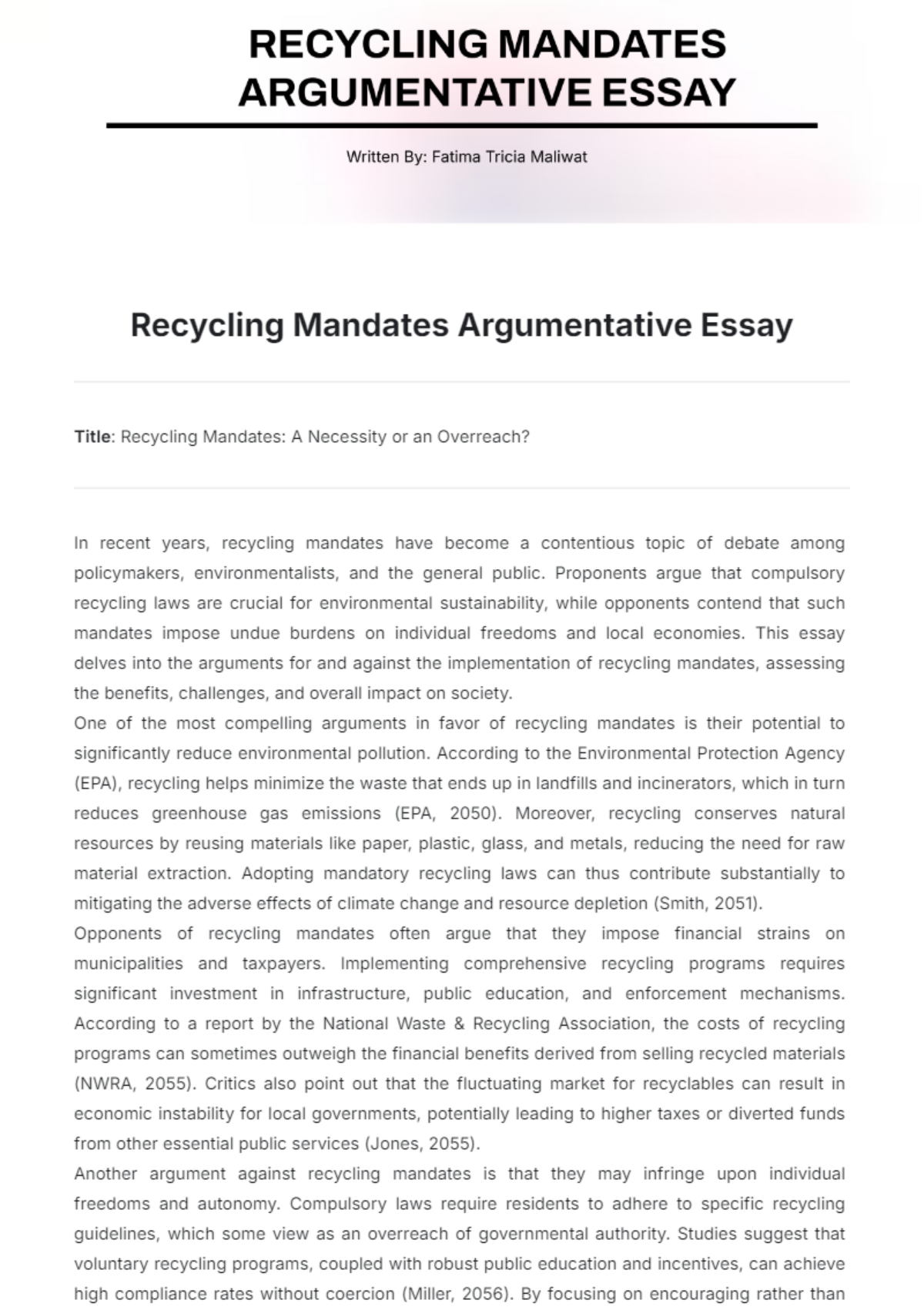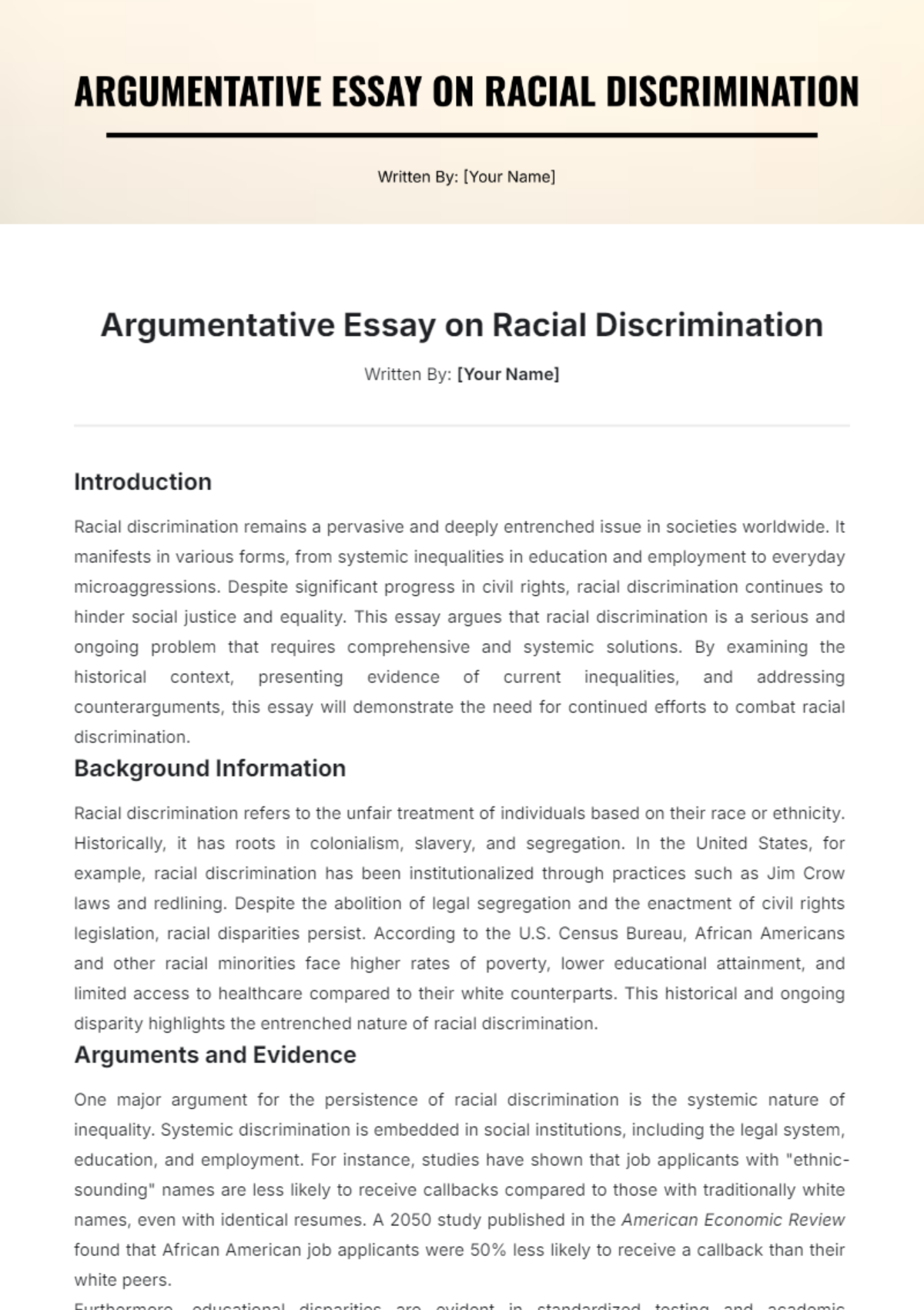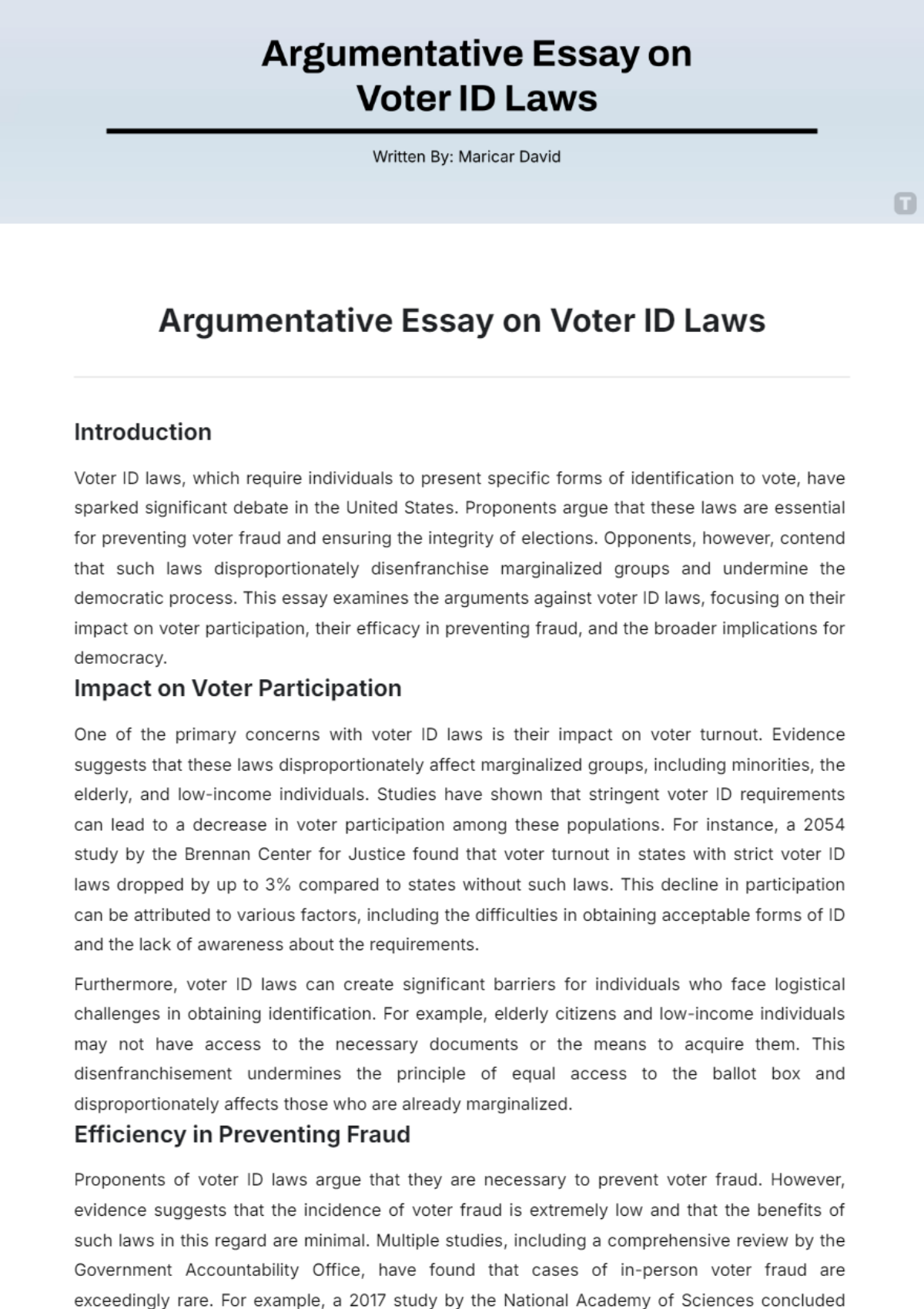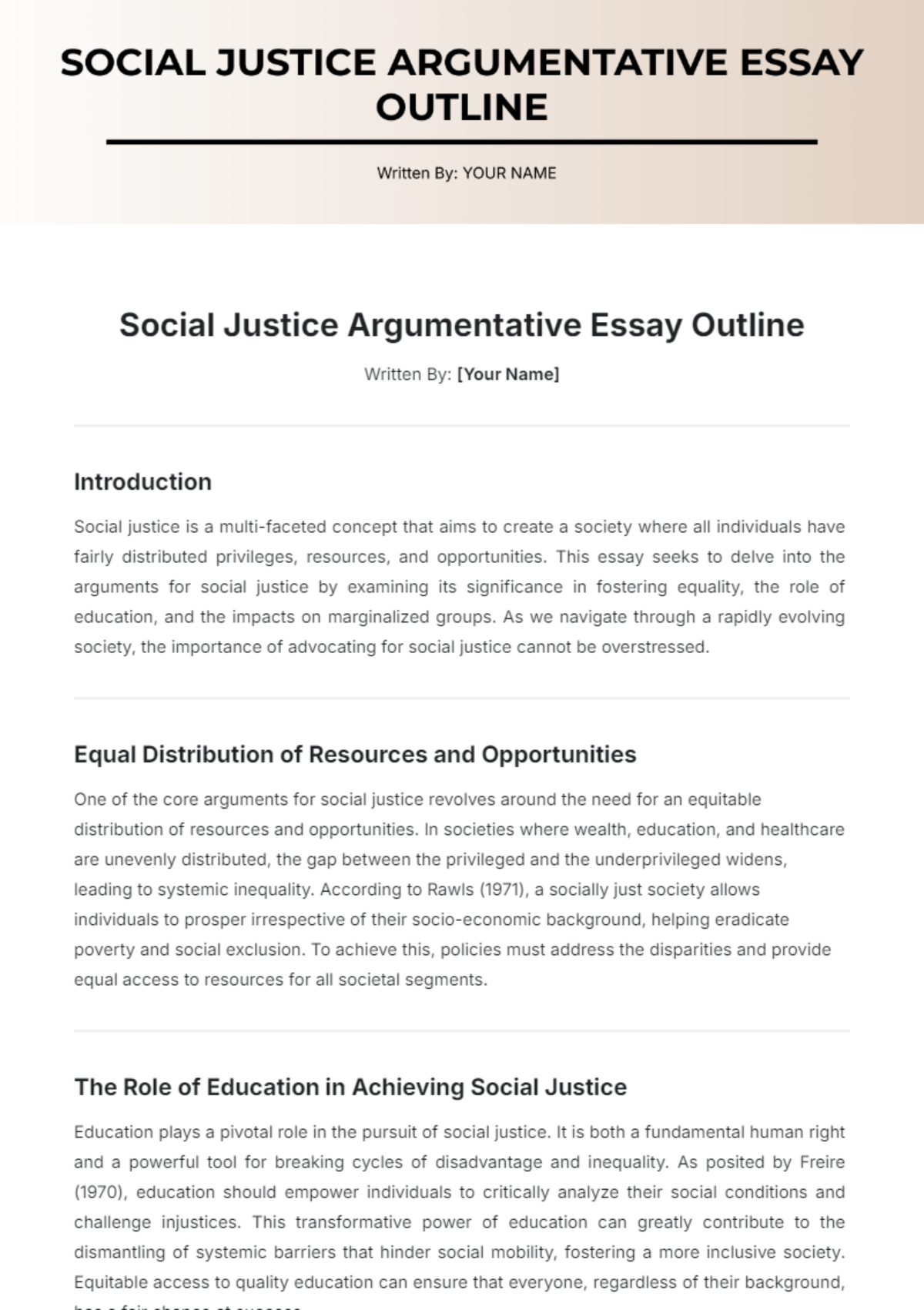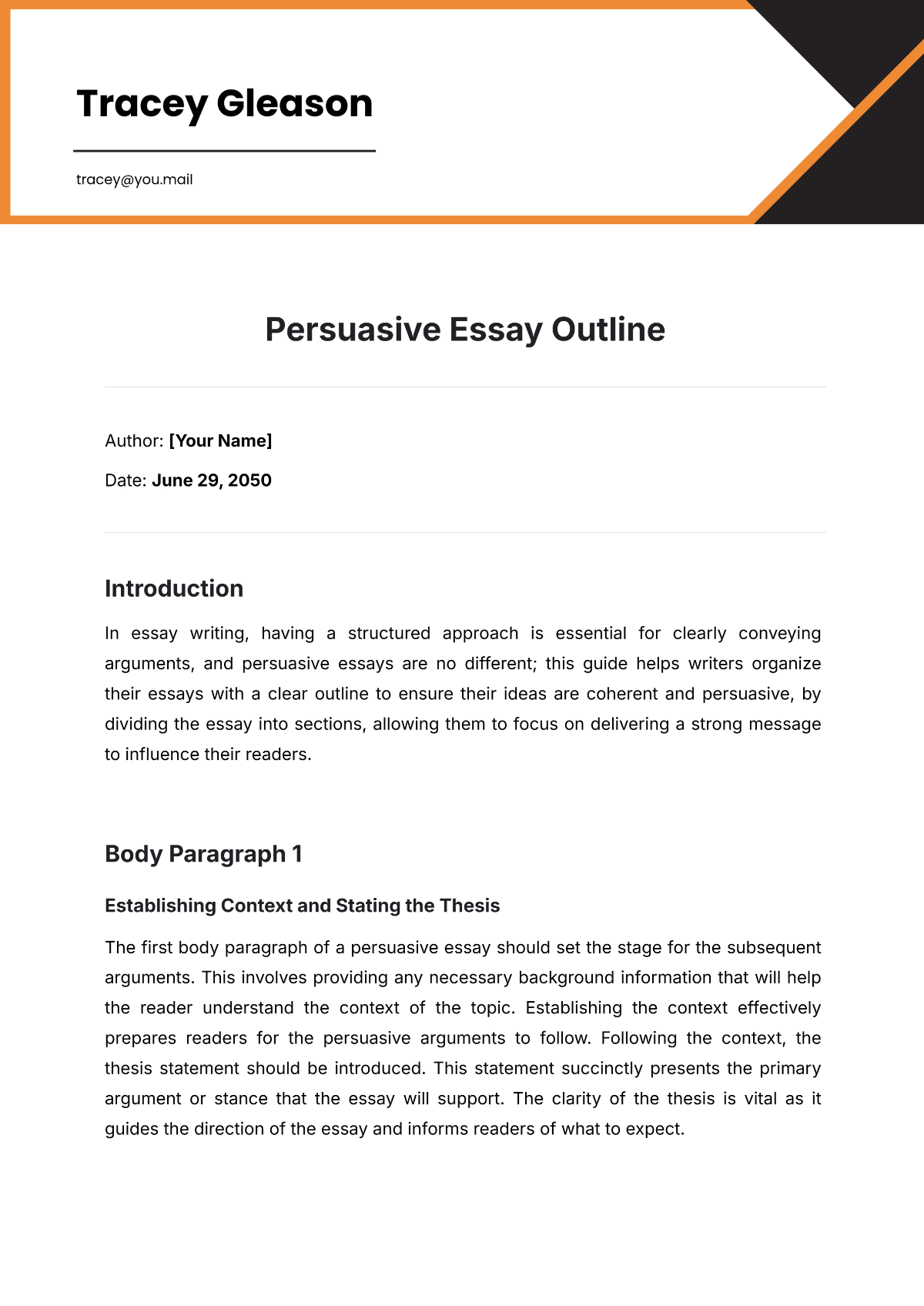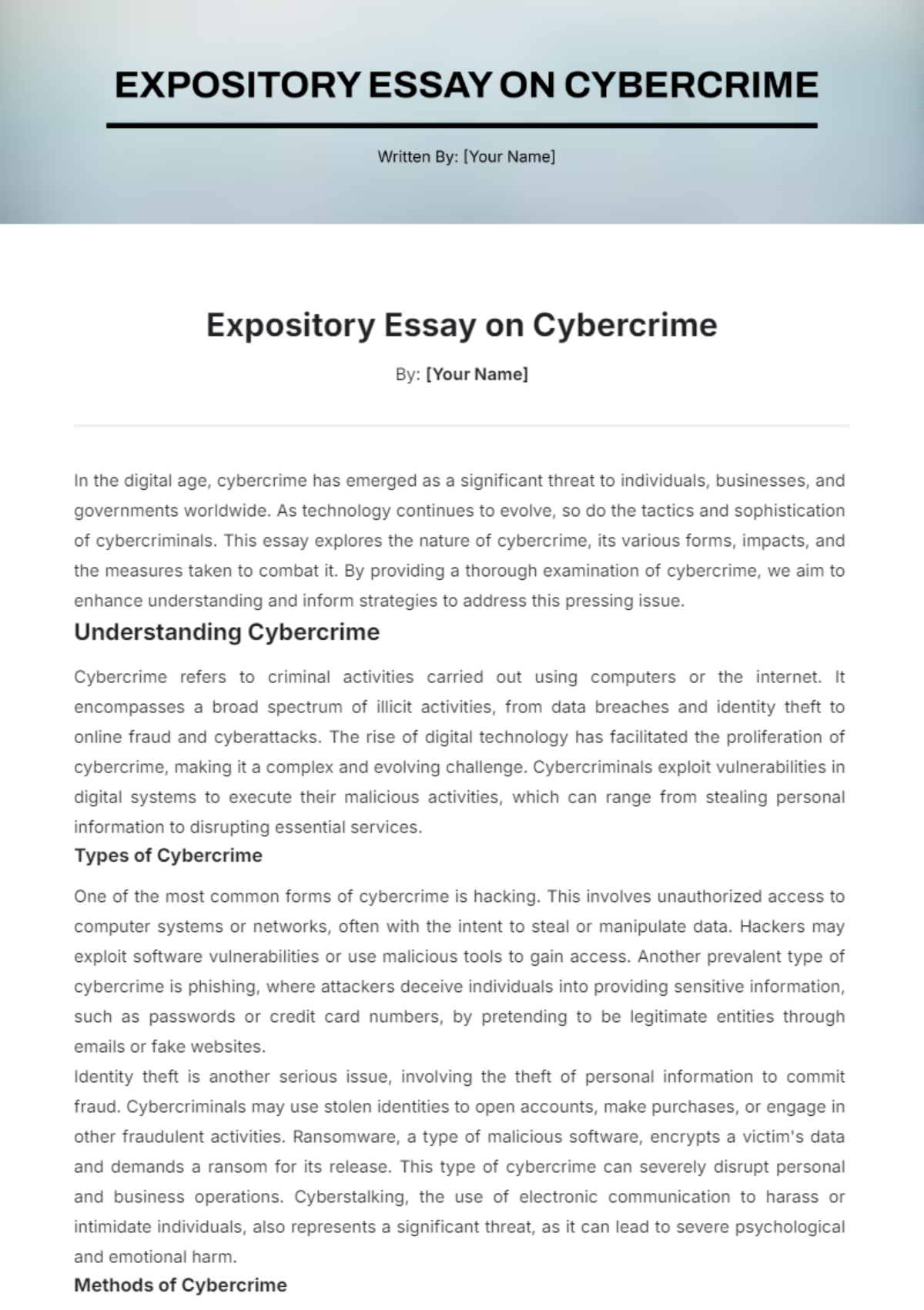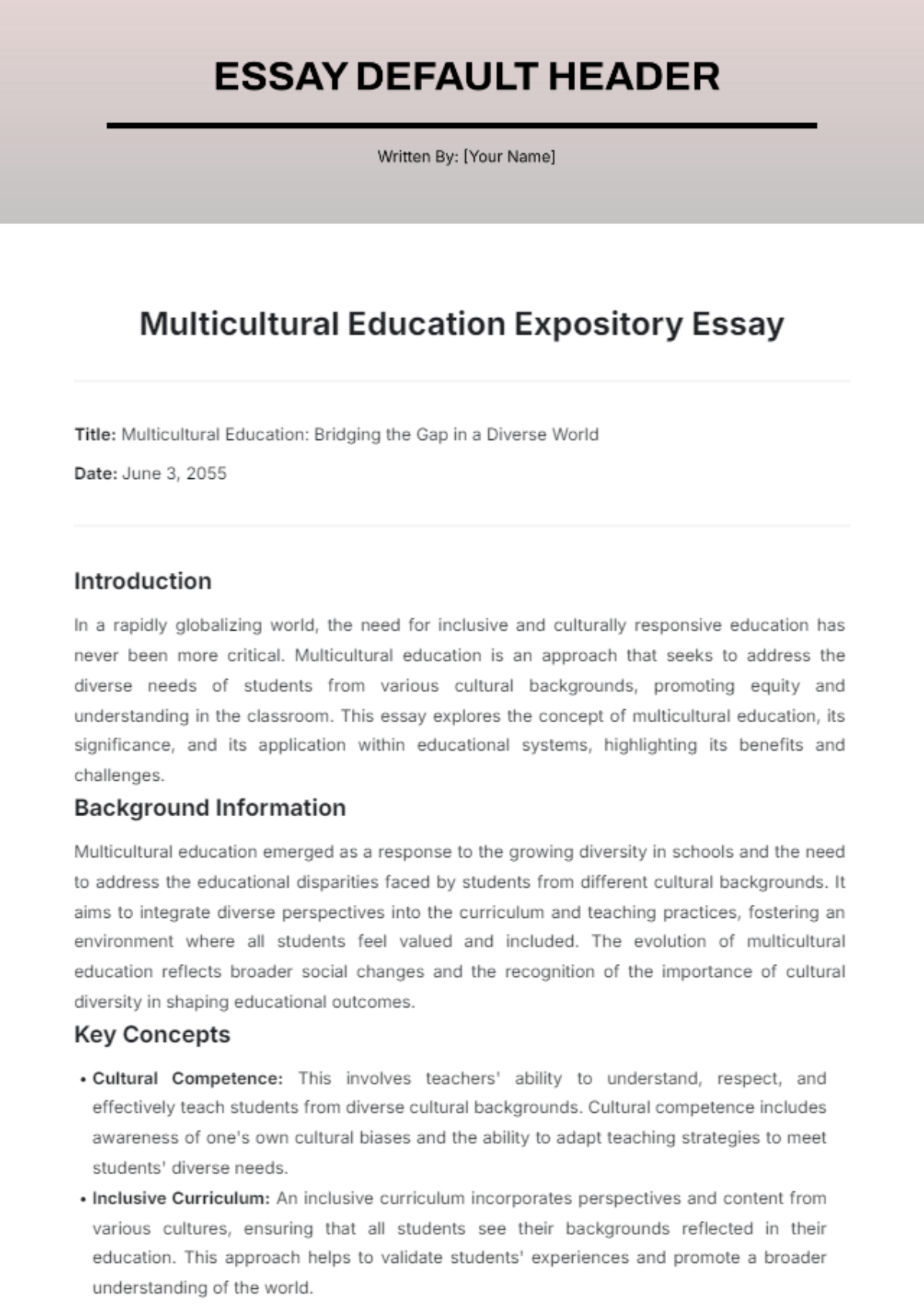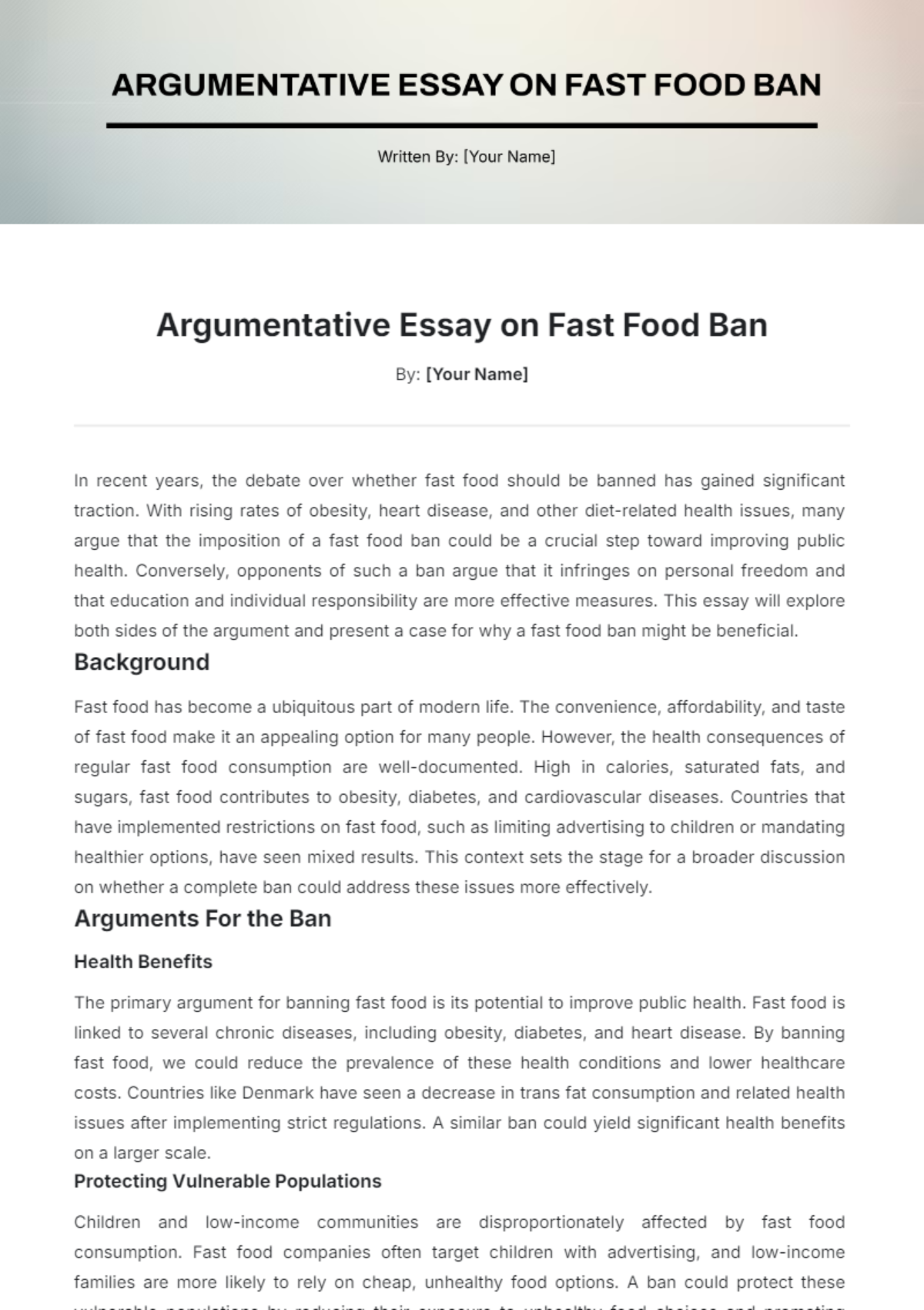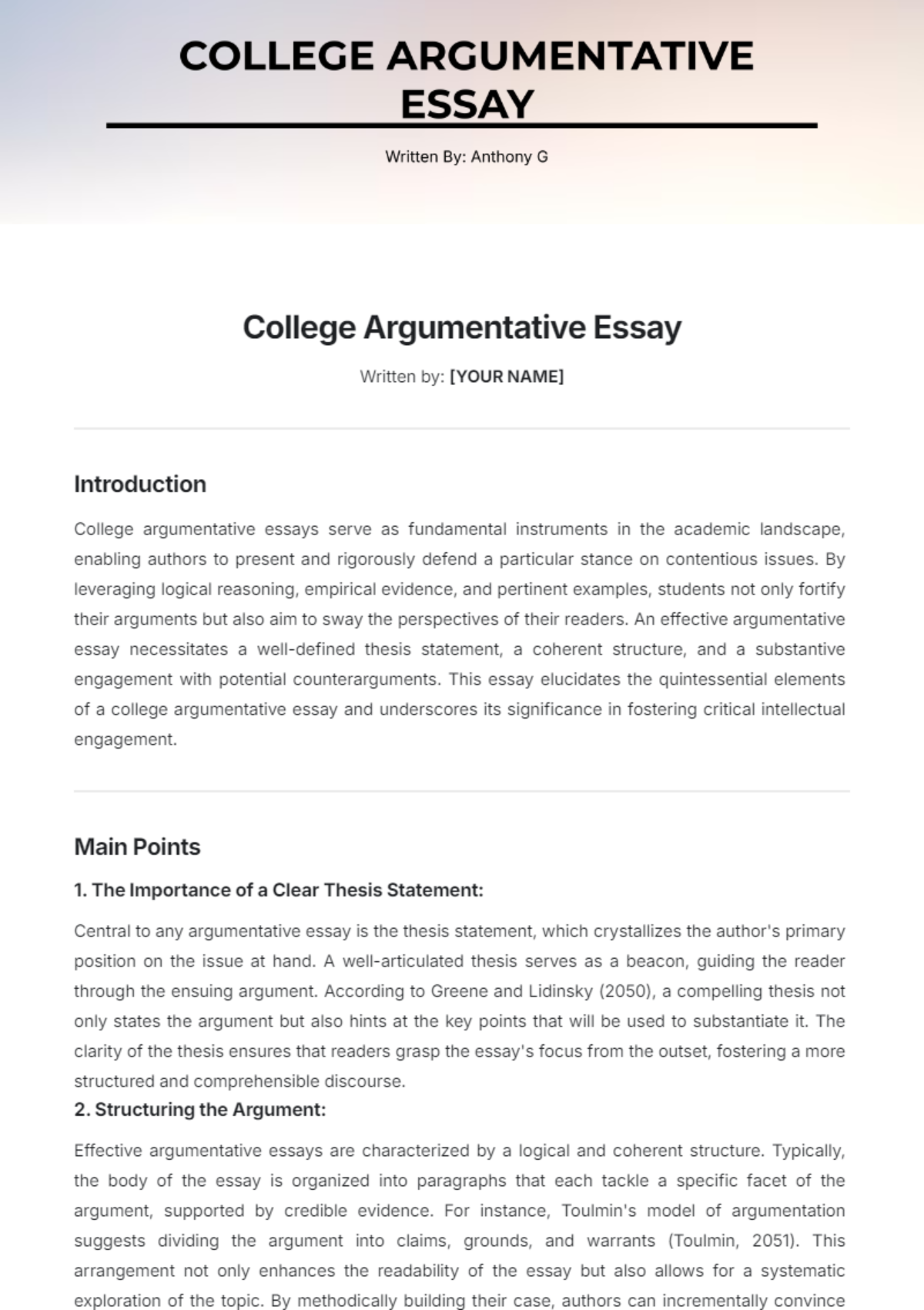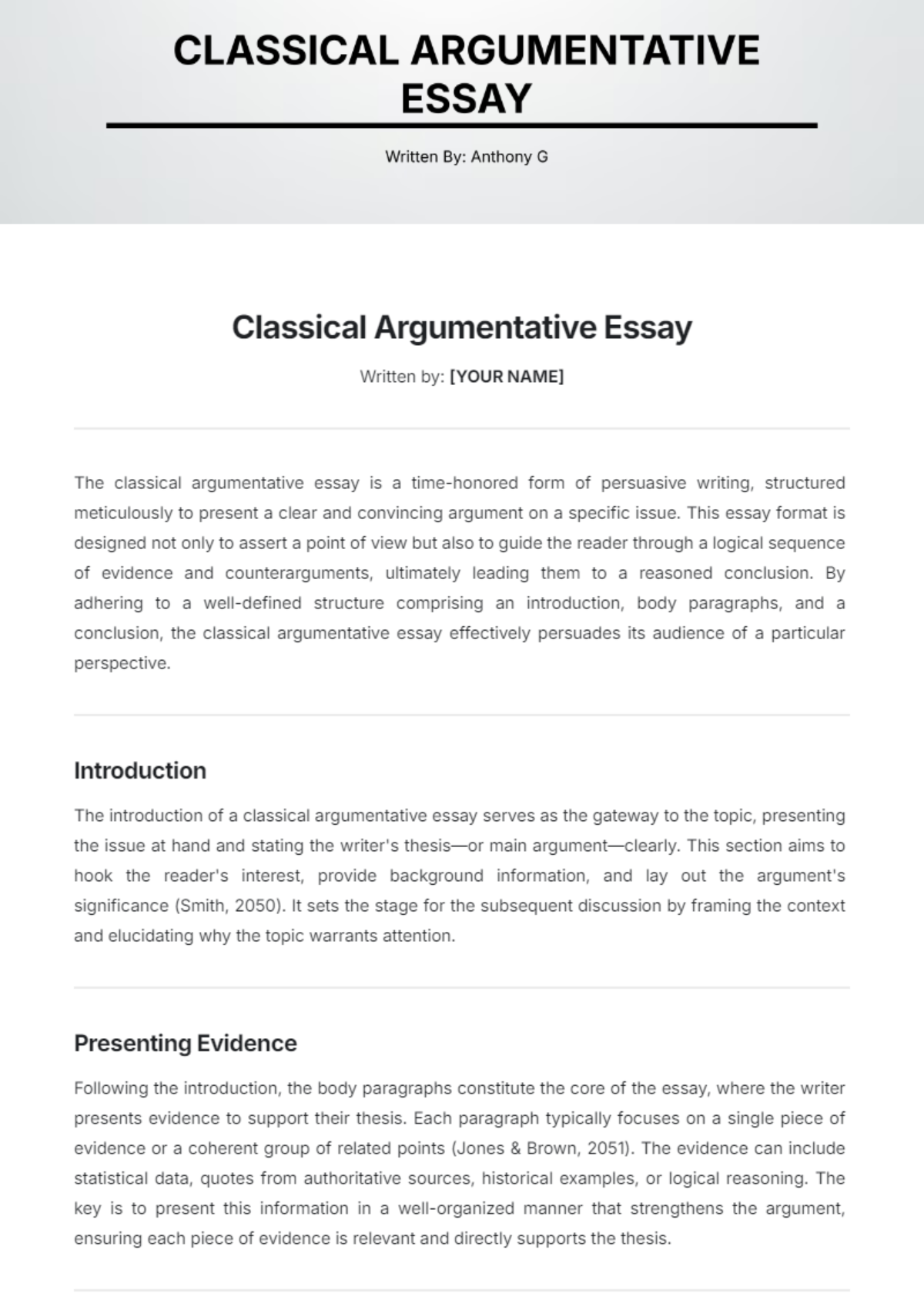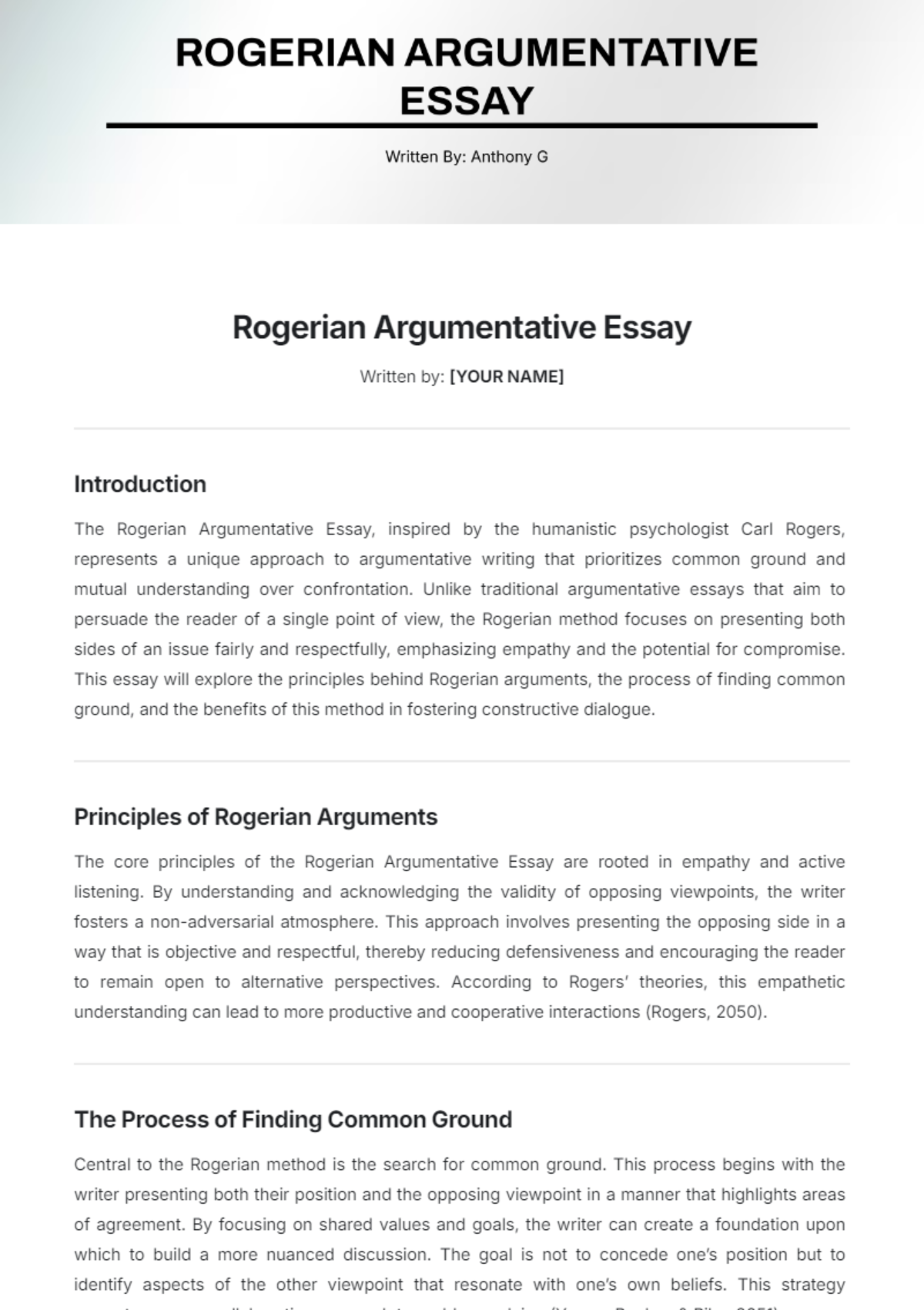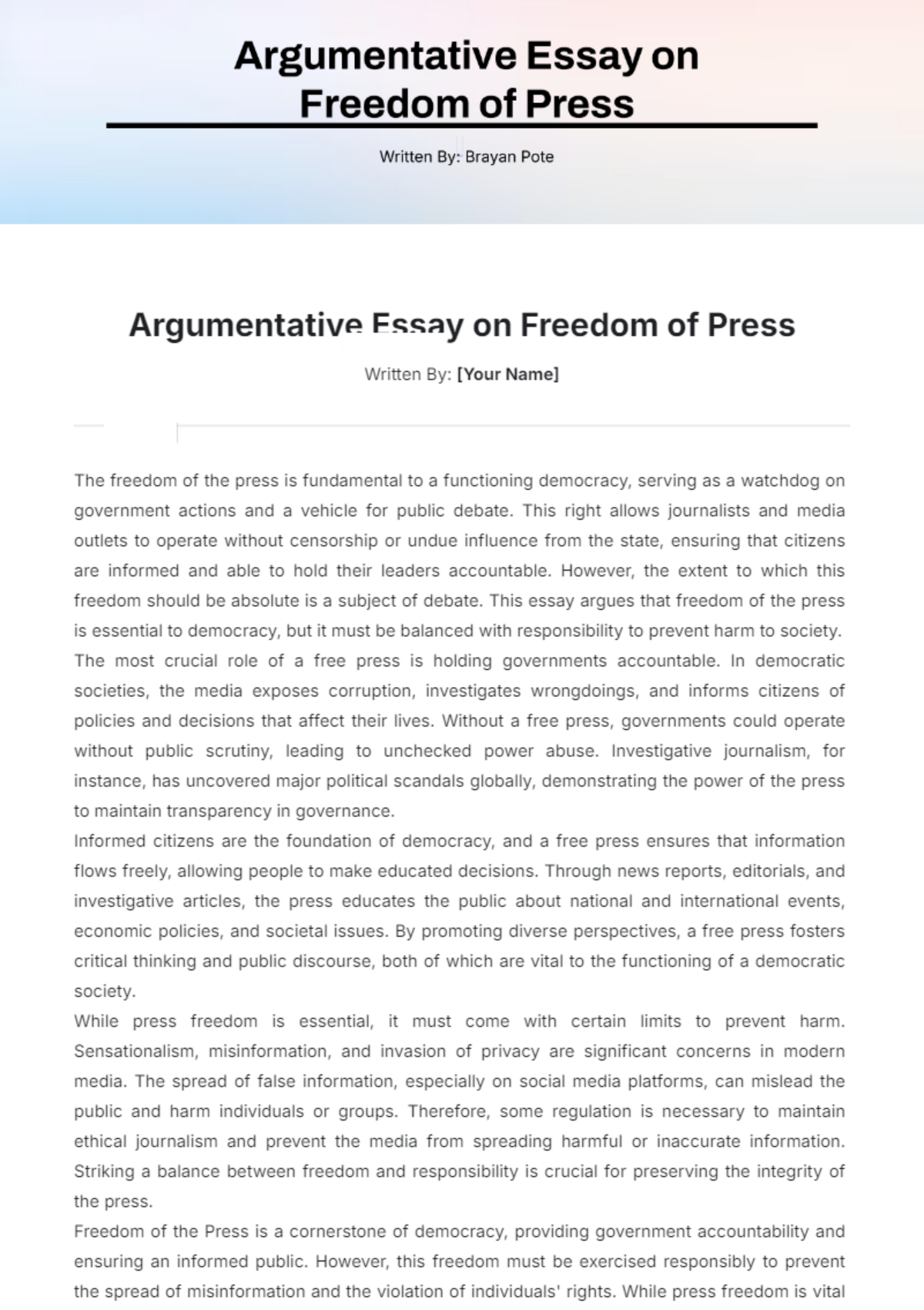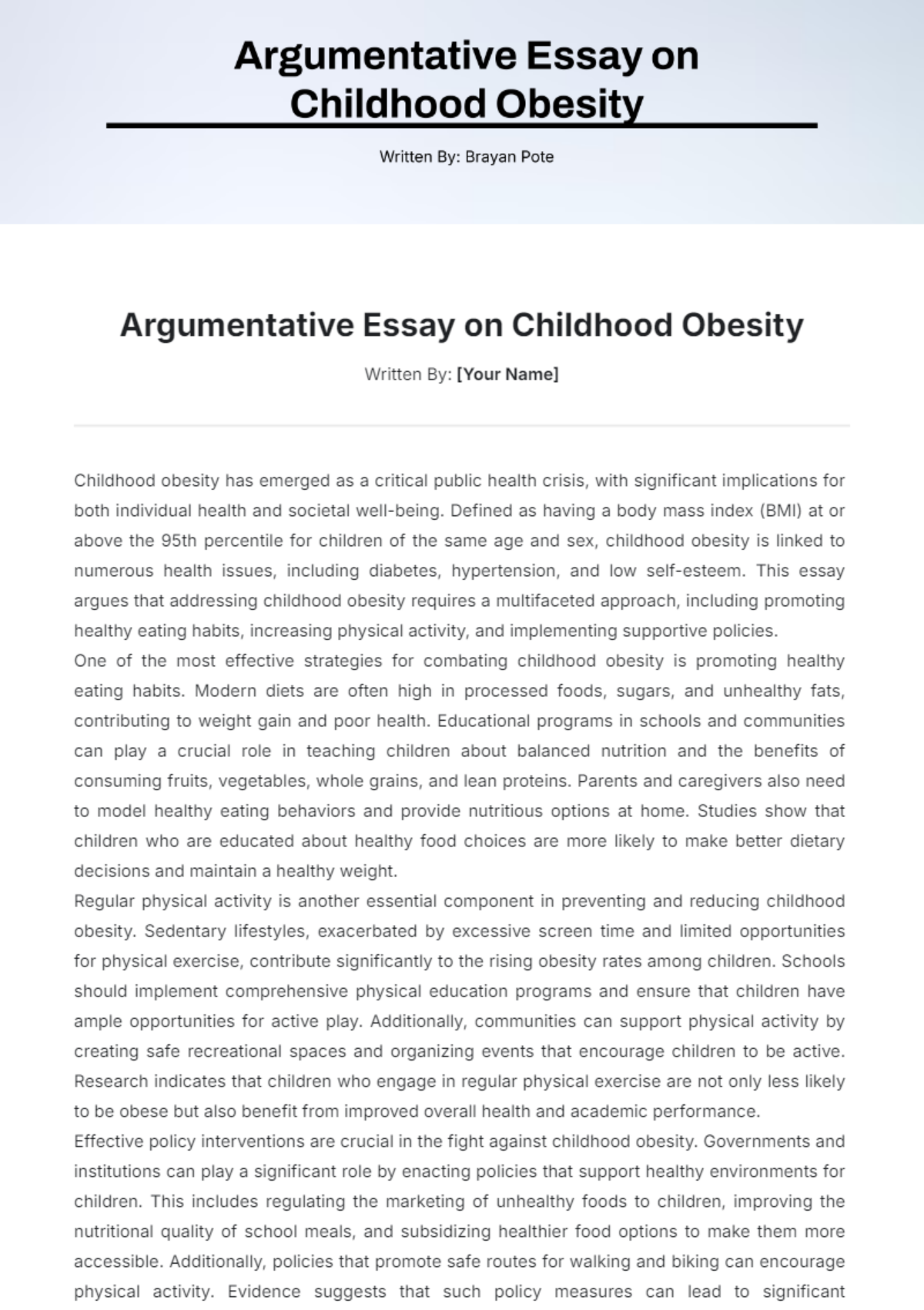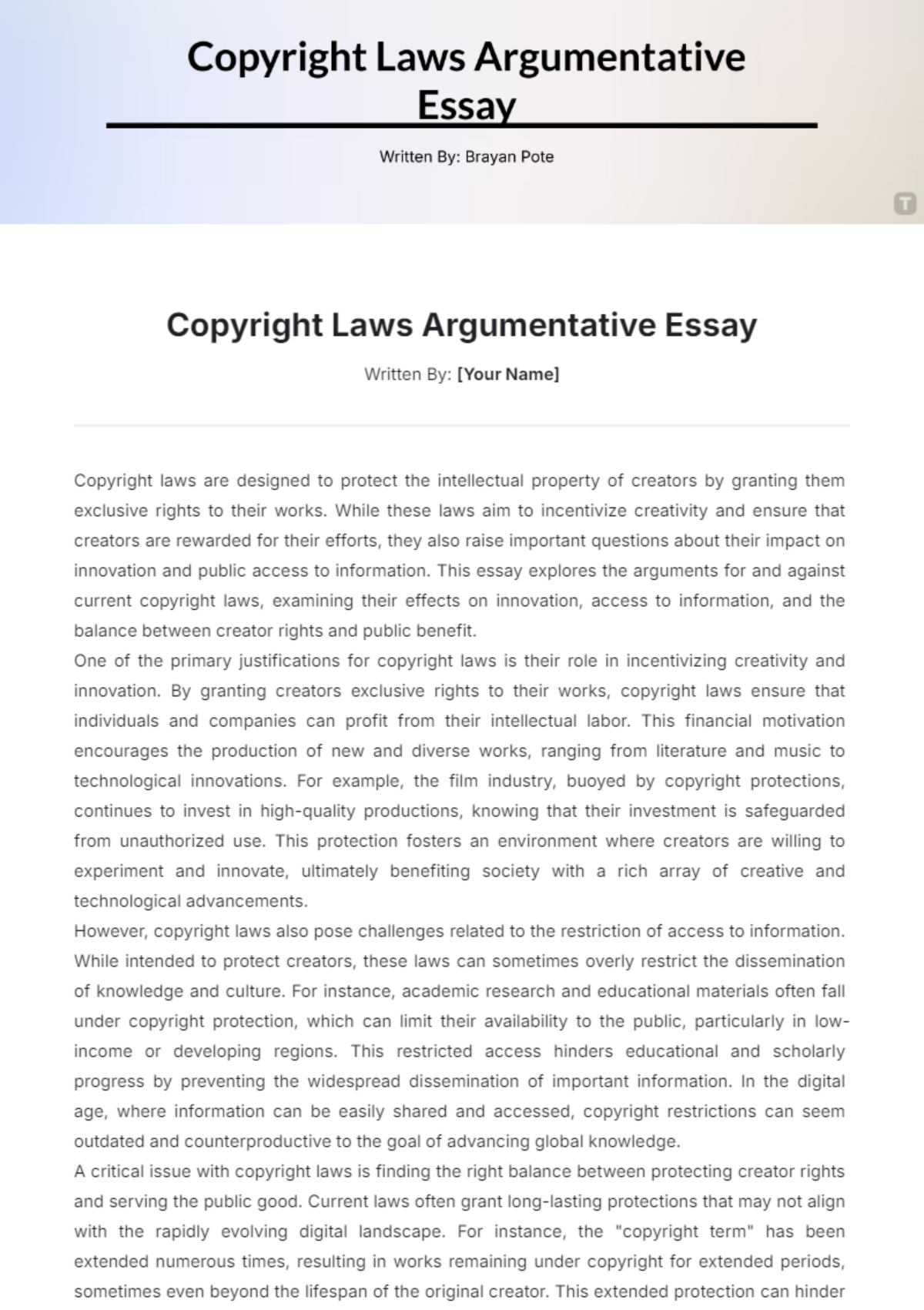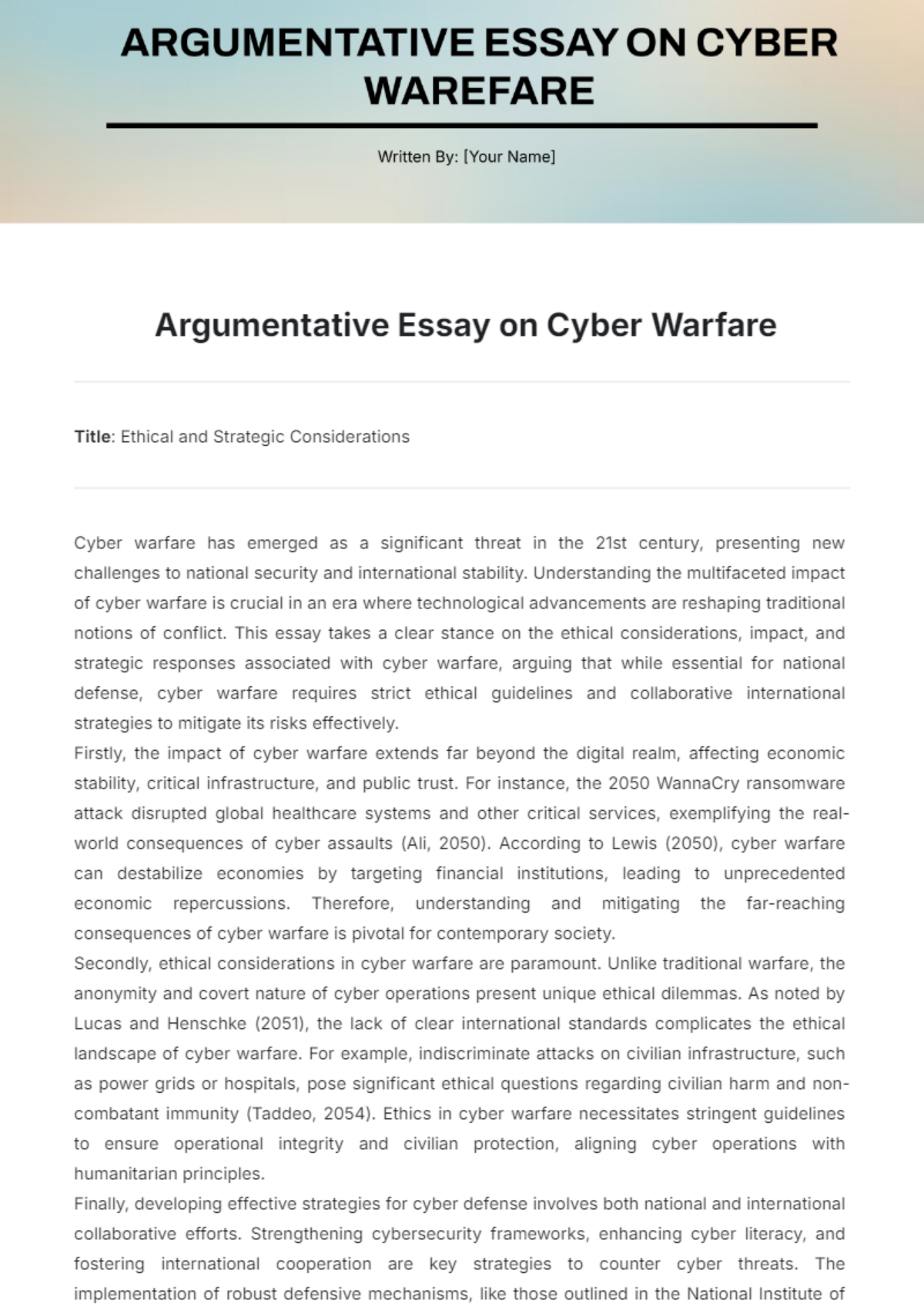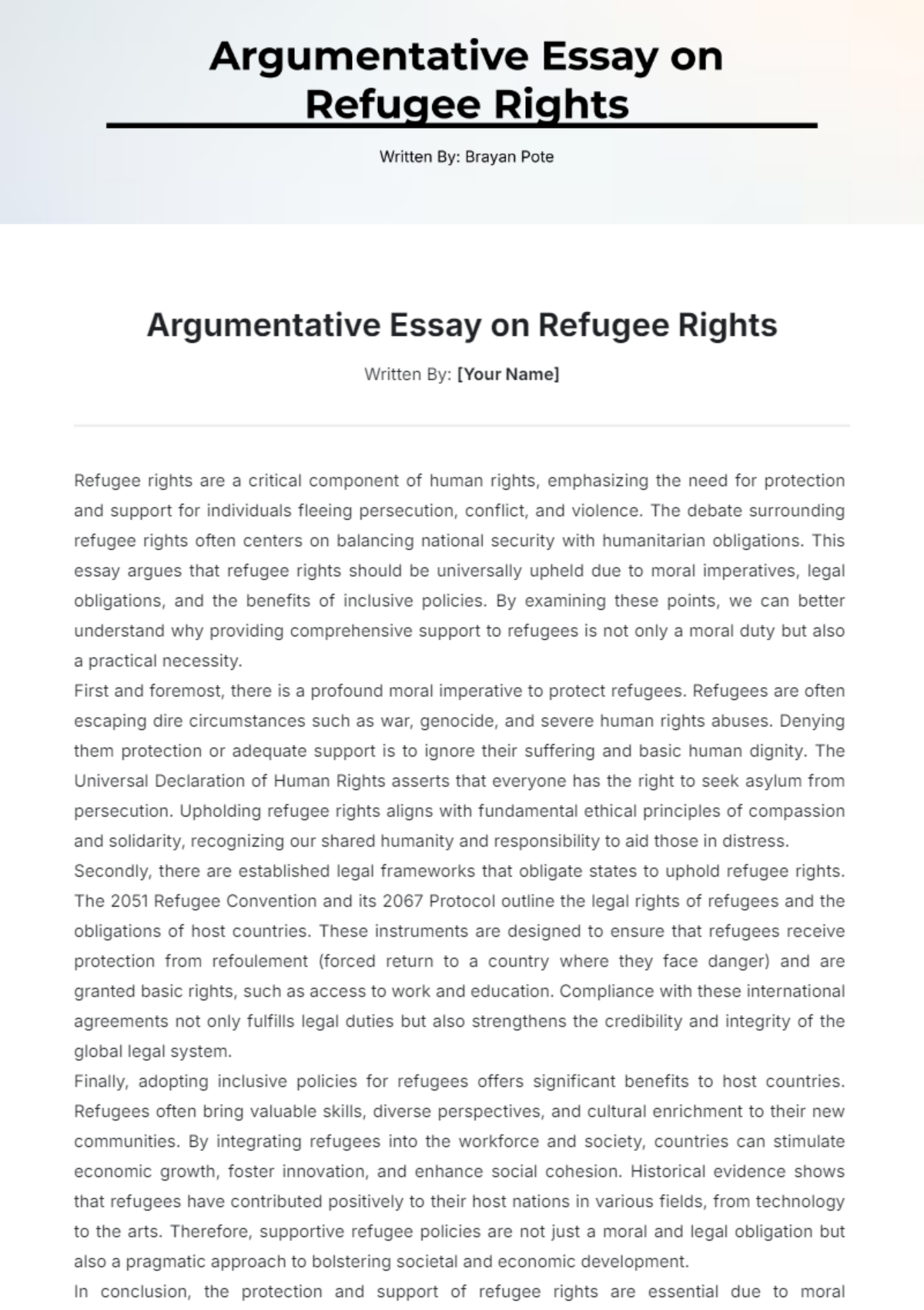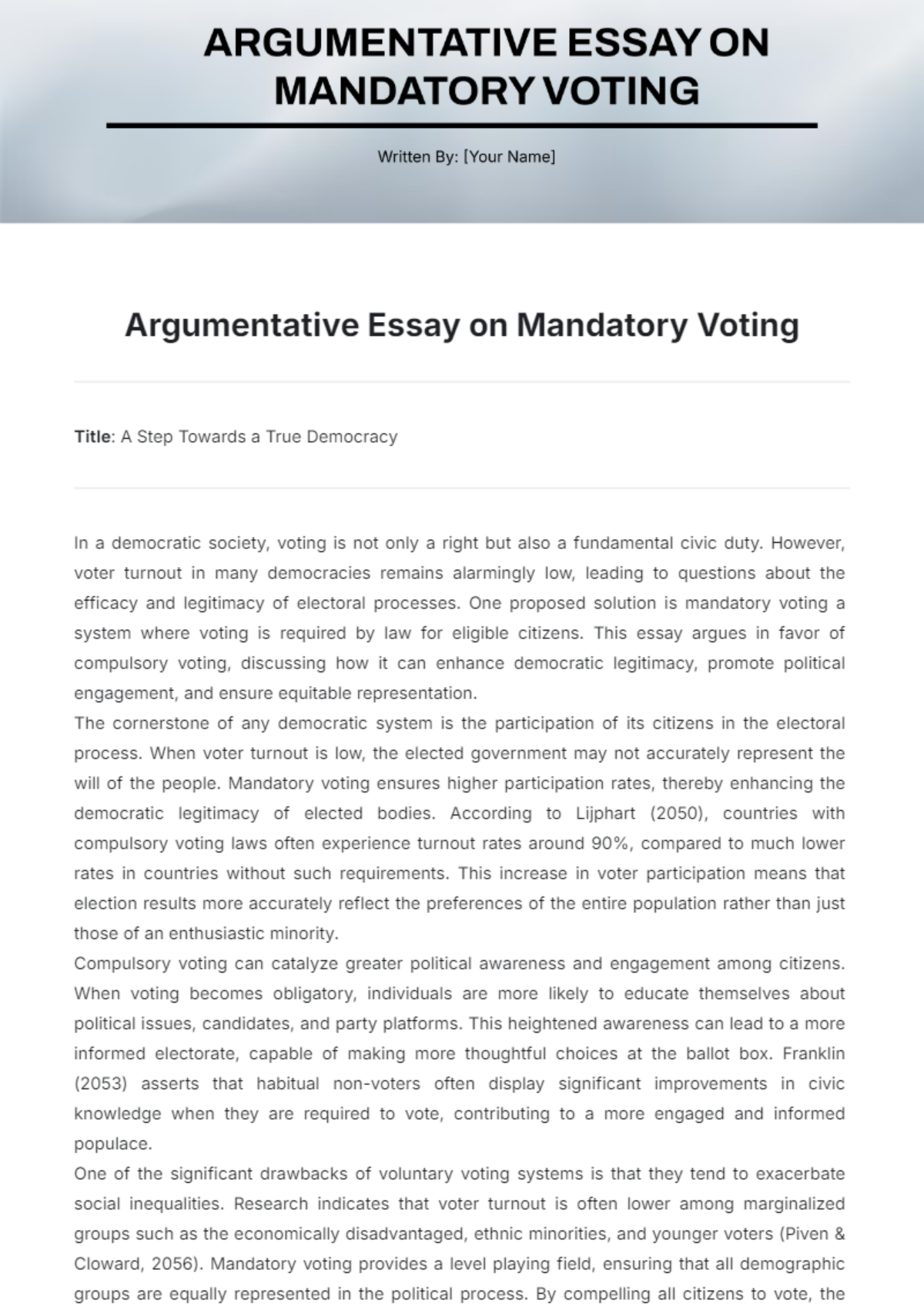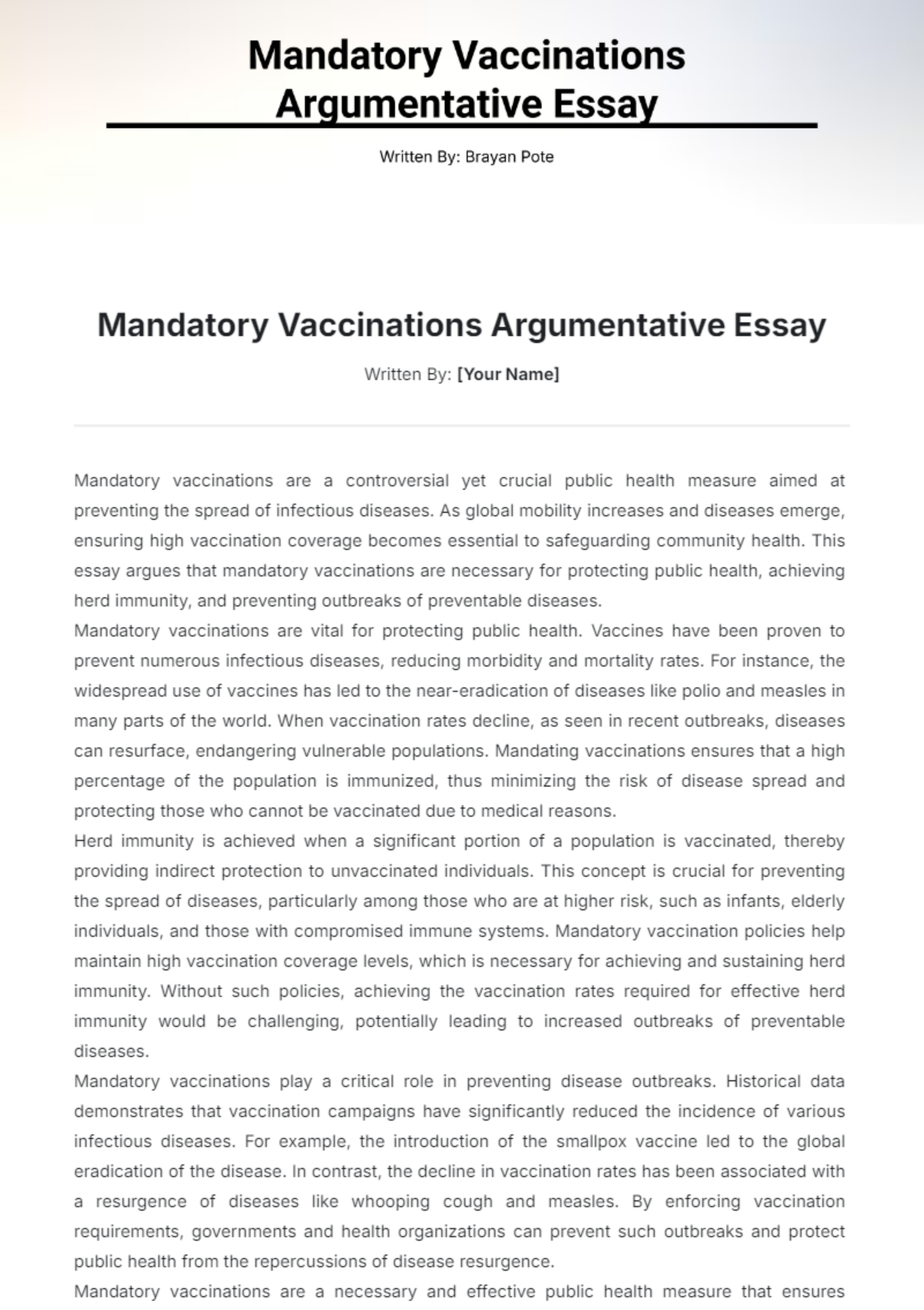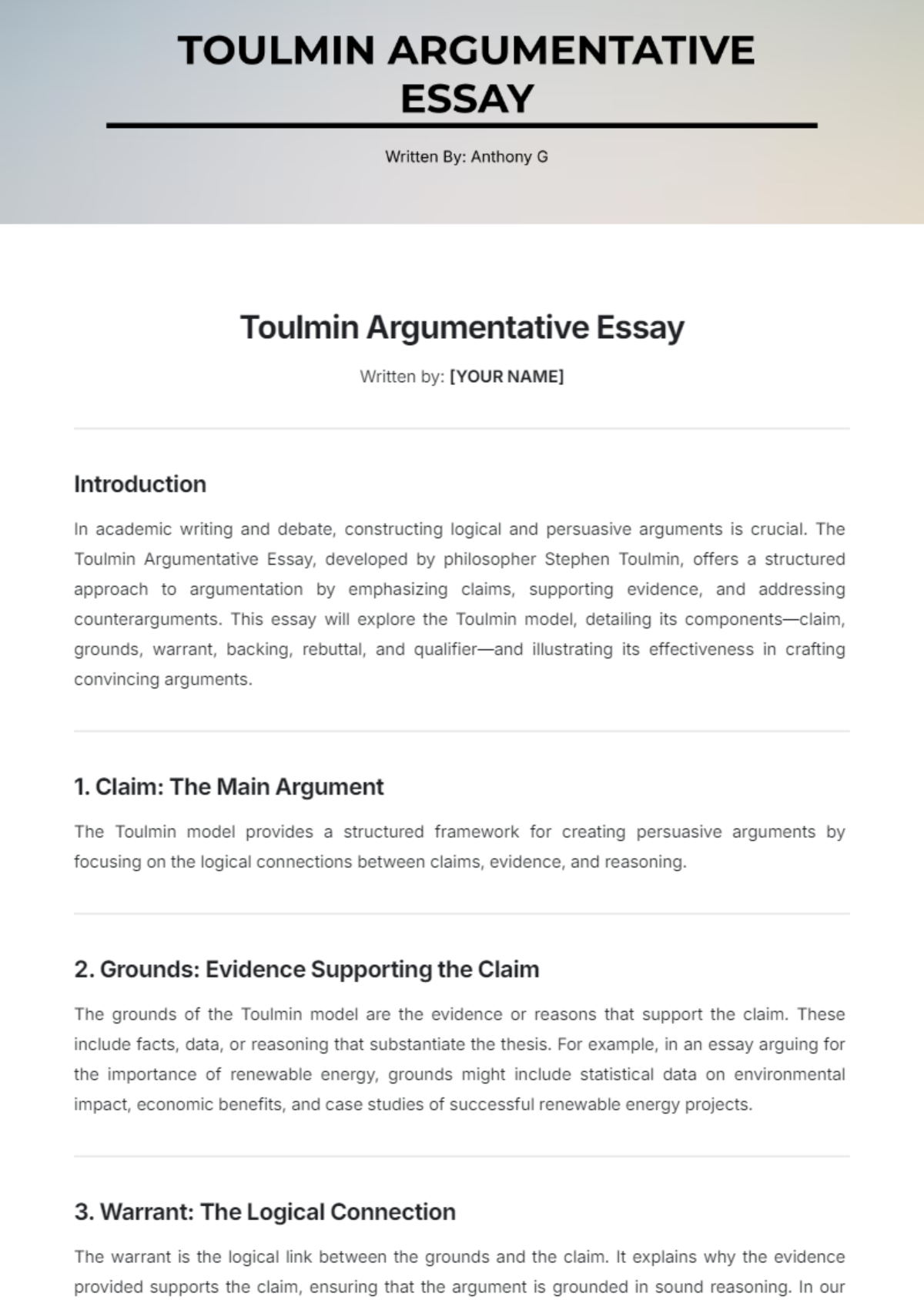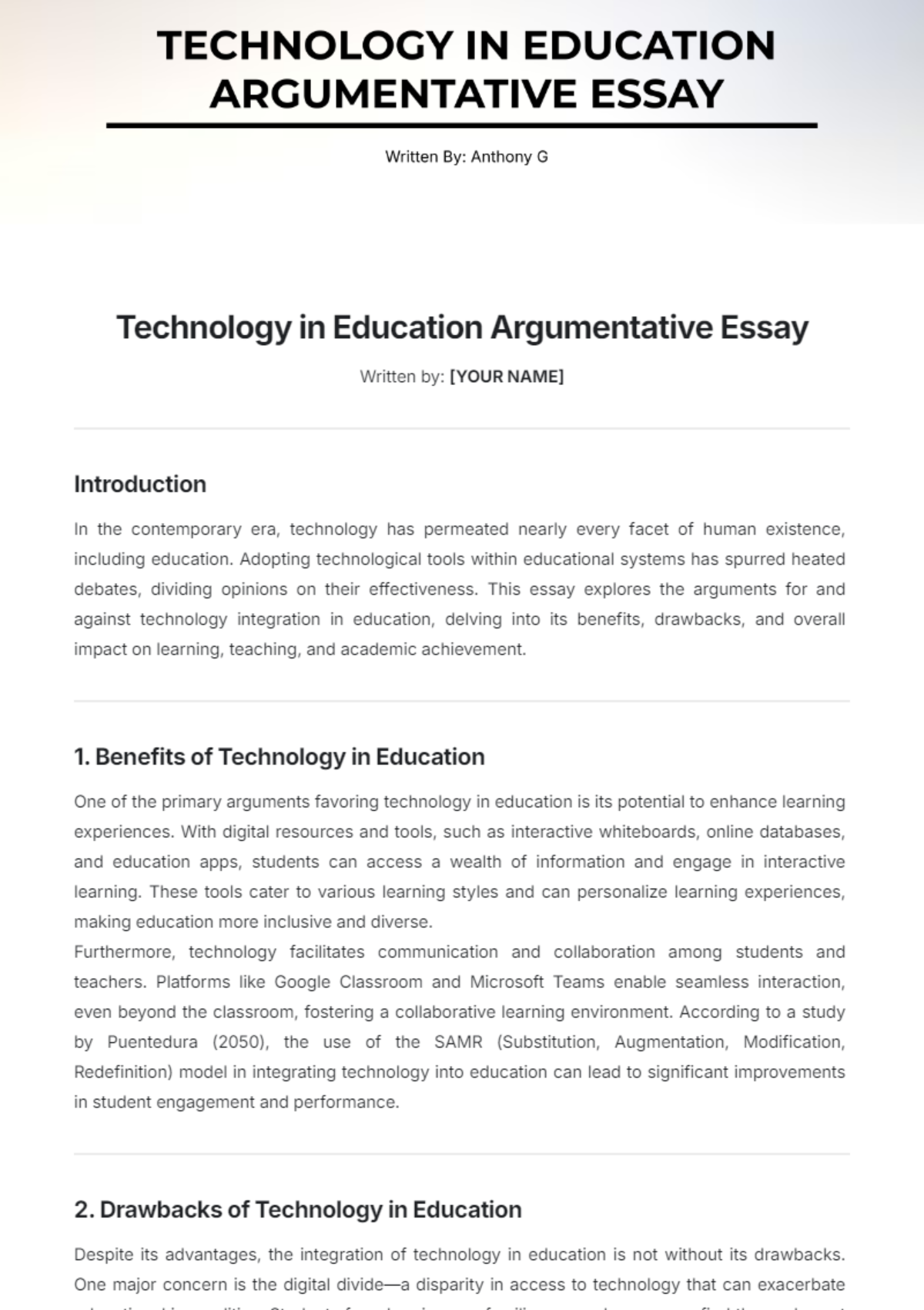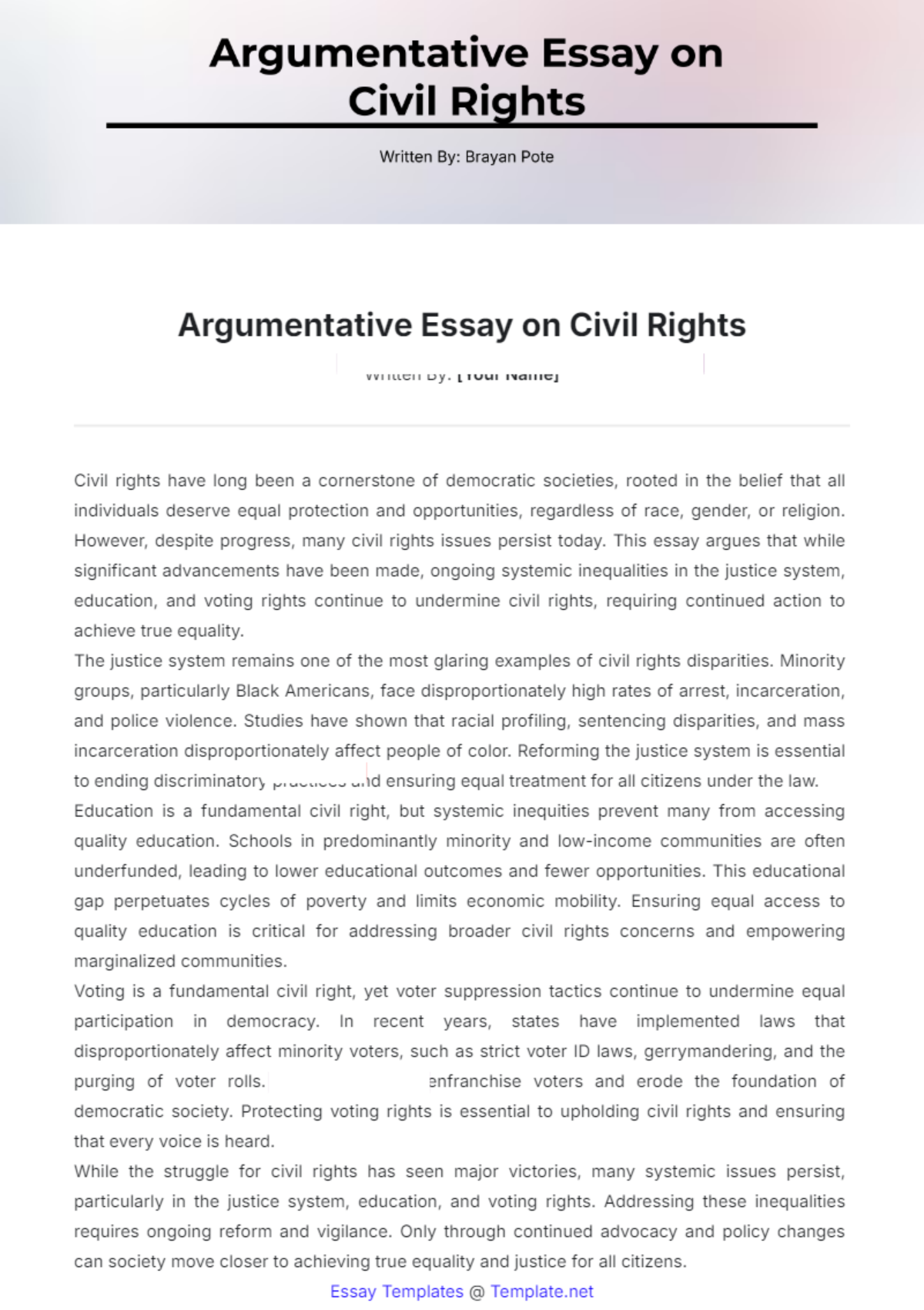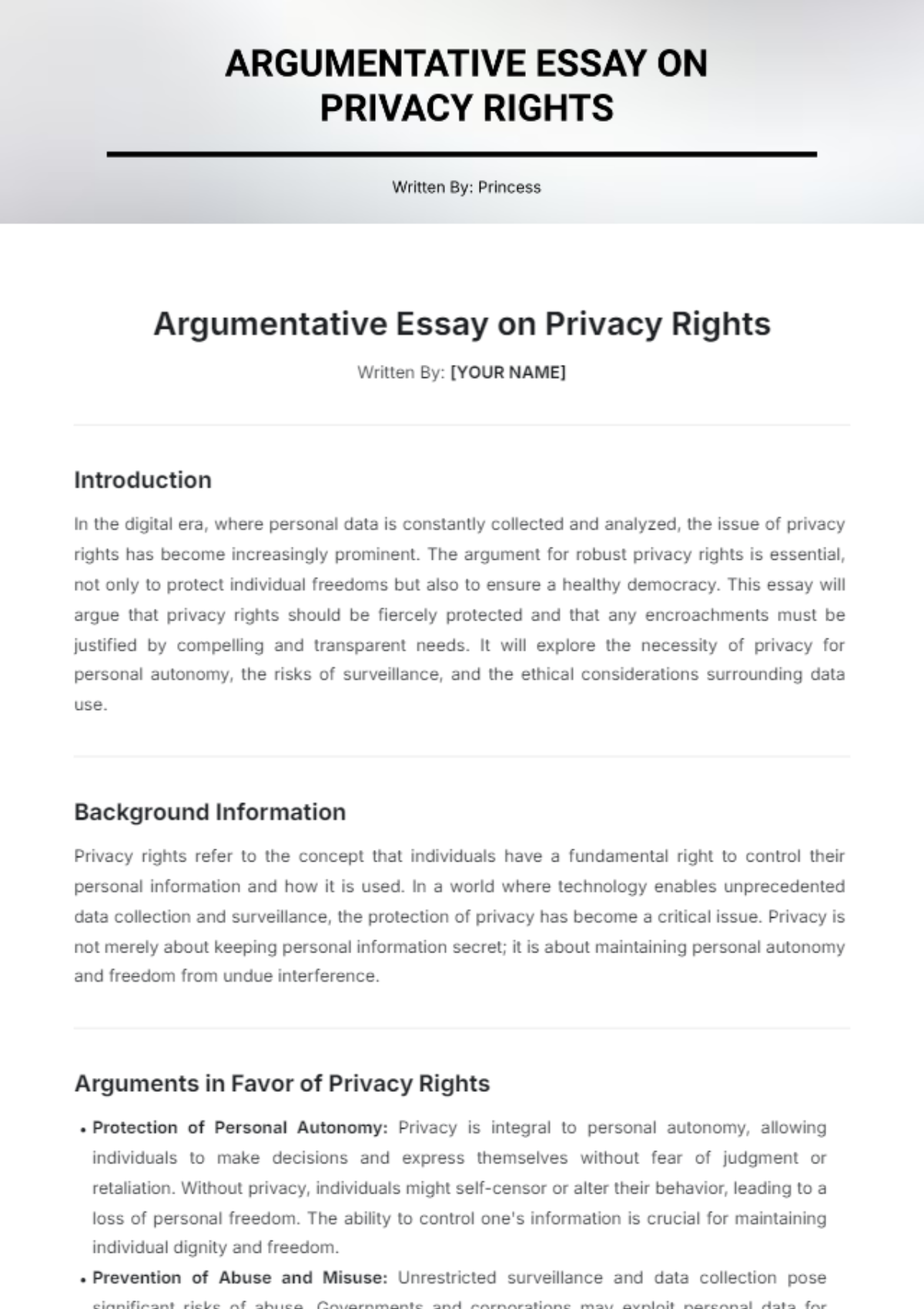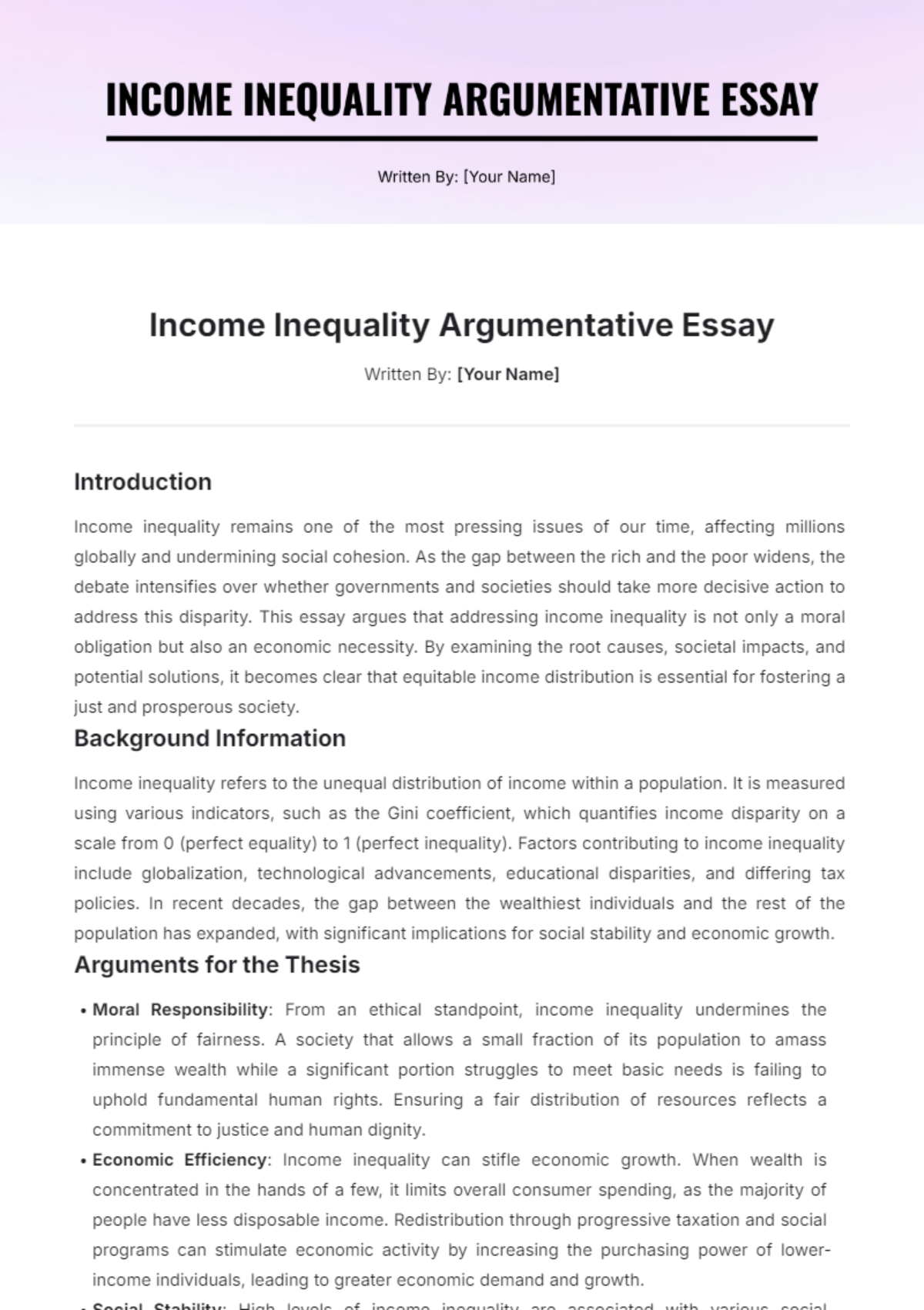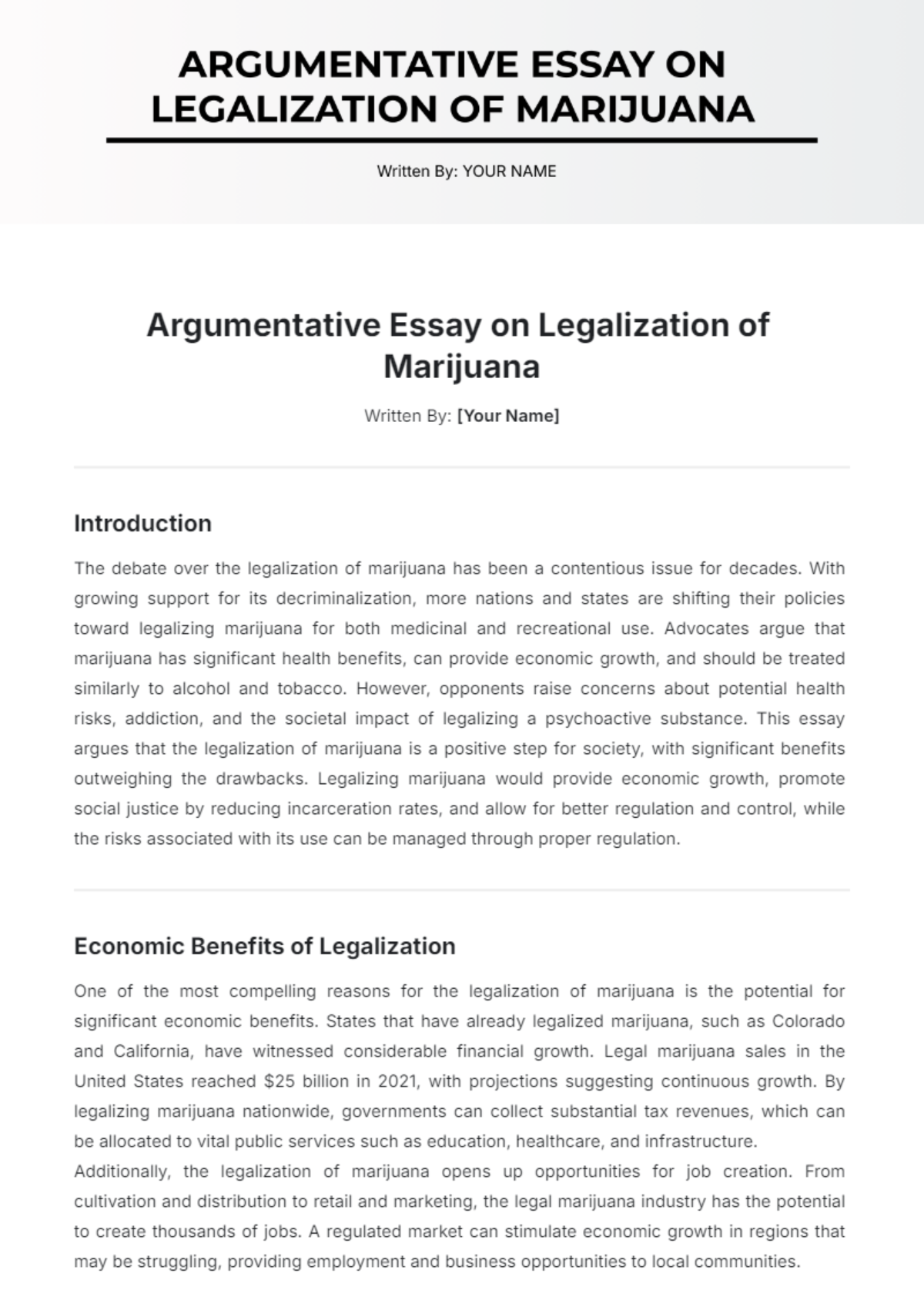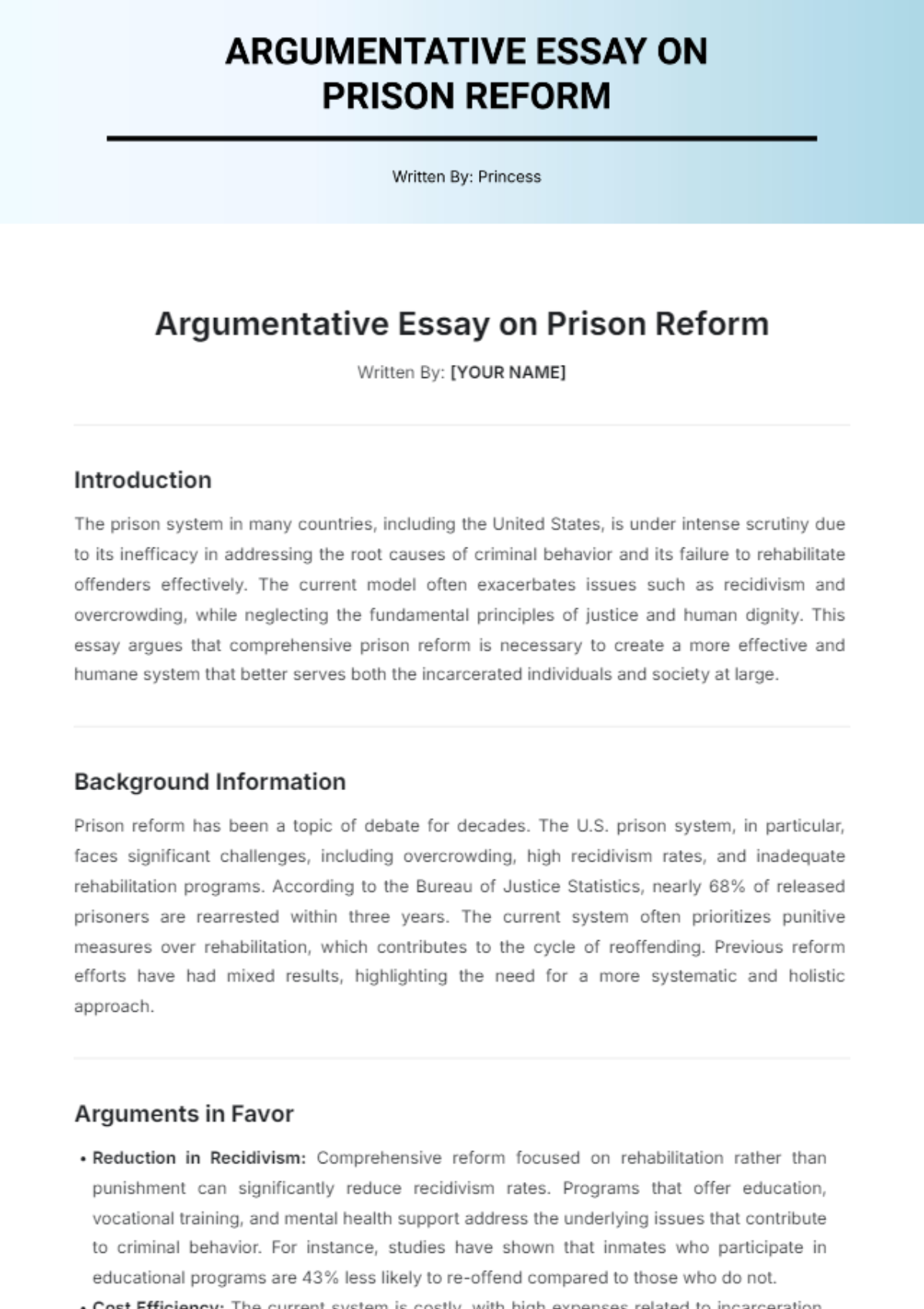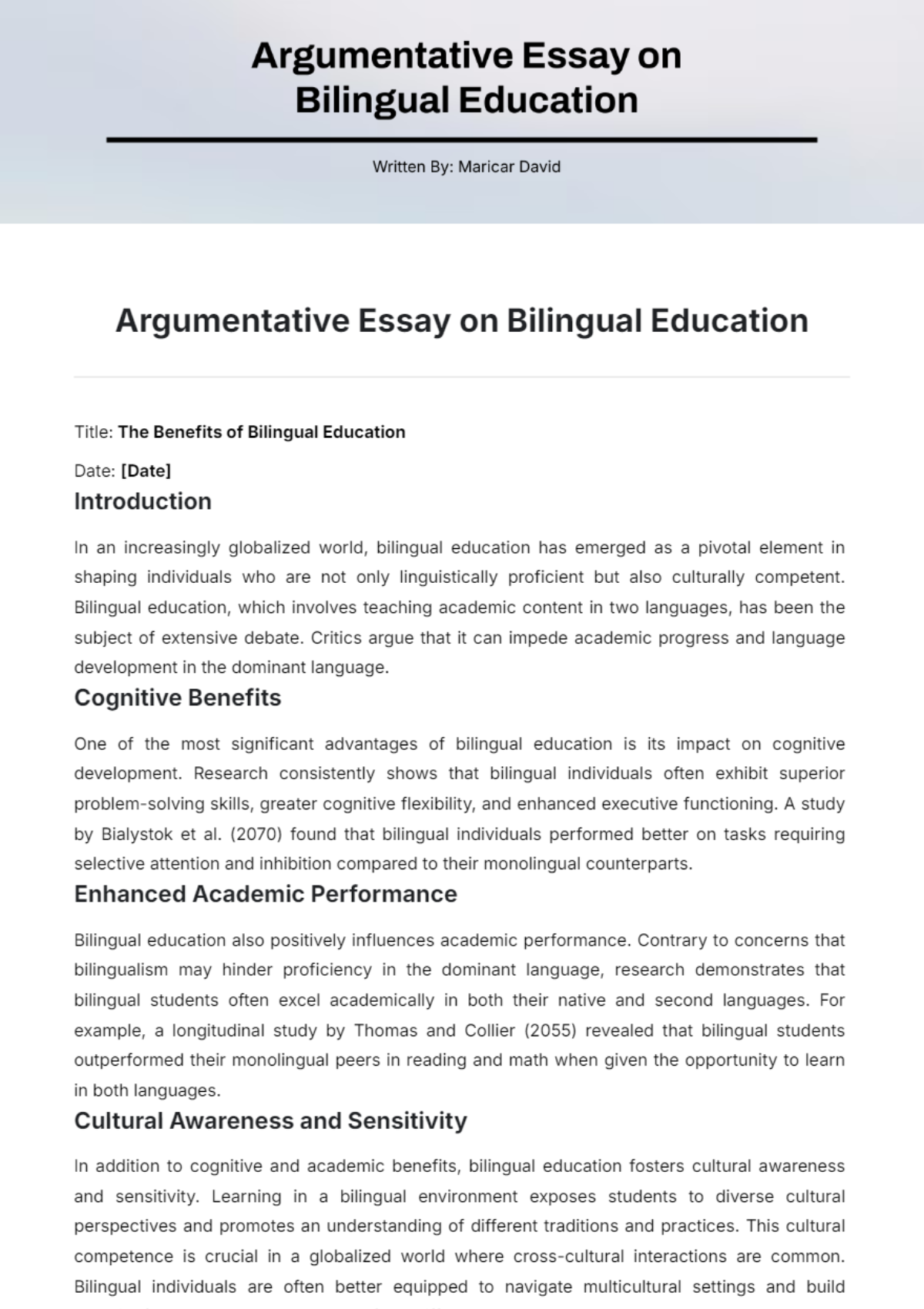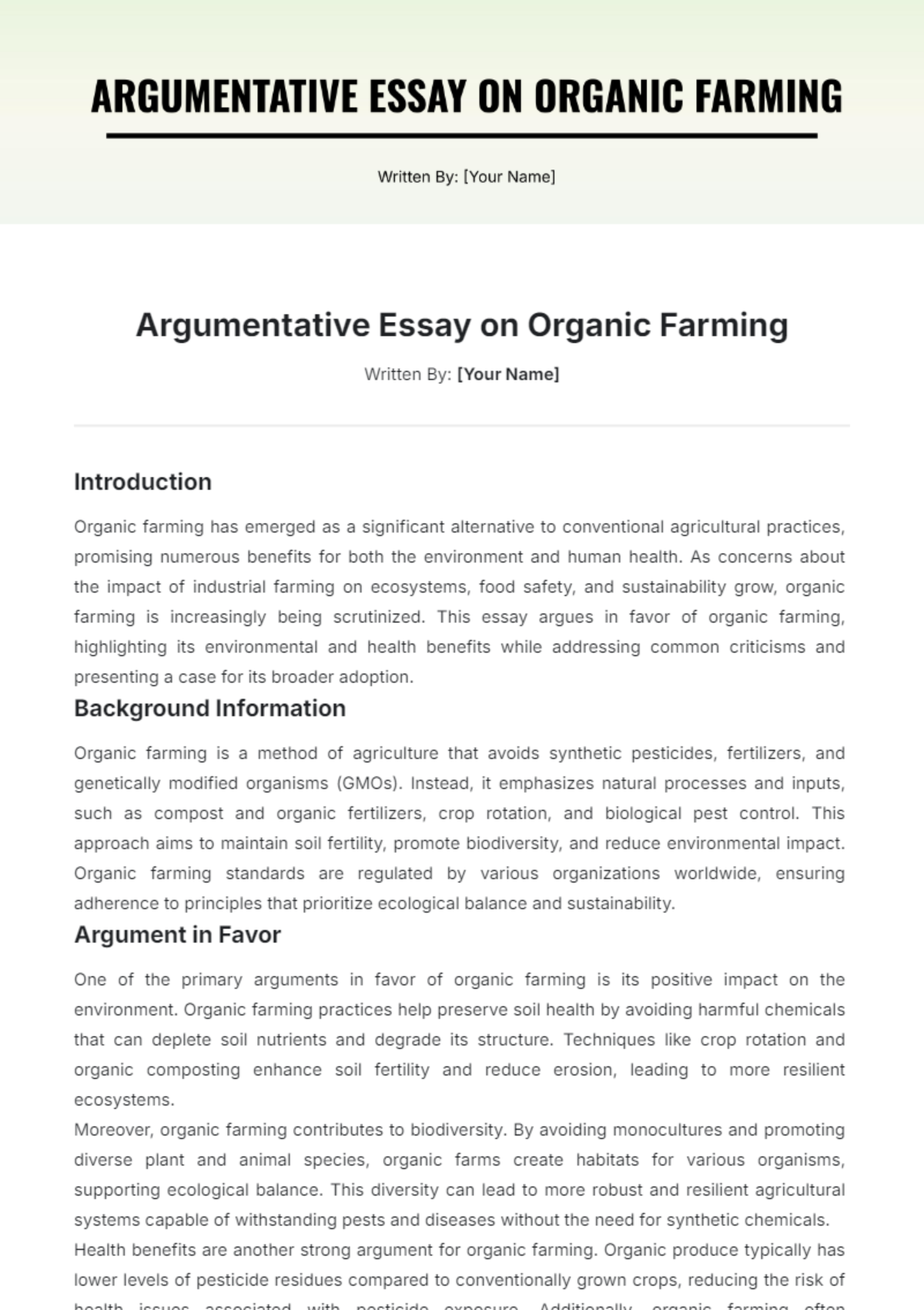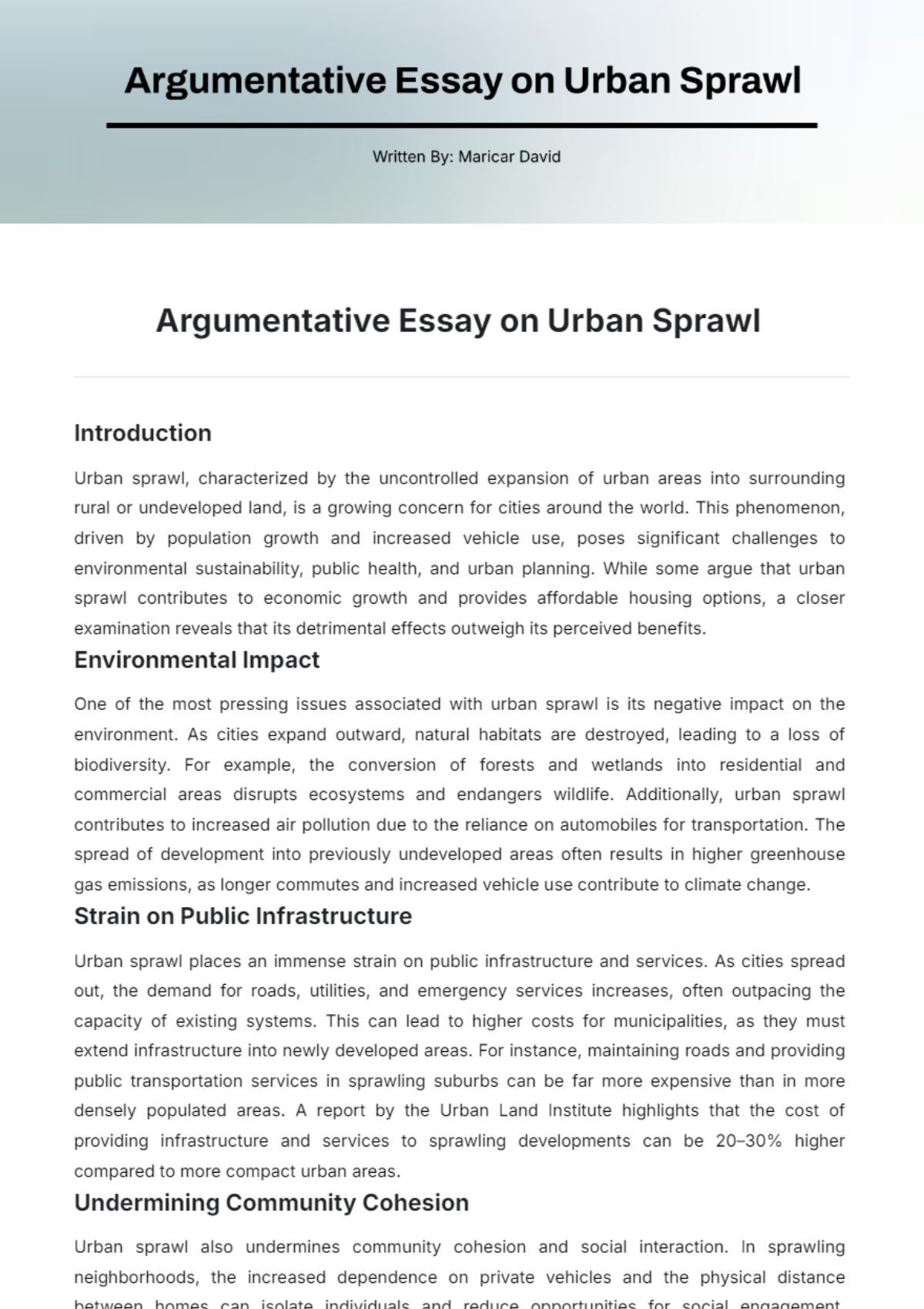Remote Learning Argumentative Essay
Written by: [Your Name]
Remote learning has become a prominent educational model, particularly accelerated by global events like the COVID-19 pandemic. While some argue that remote learning provides flexibility and accessibility, others contend that it lacks the effectiveness of traditional classroom instruction. This essay will argue that remote learning, despite its challenges, offers significant benefits in terms of flexibility, access to resources, and personalized learning experiences and that it is a viable educational model when properly implemented.
One of the most compelling arguments for remote learning is its flexibility. Students can attend classes from any location, reducing the need for commuting and allowing them to balance their studies with other commitments. This flexibility is particularly beneficial for non-traditional students, such as working professionals and parents, who might struggle to attend traditional in-person classes. The ability to access course materials and participate in discussions asynchronously also accommodates various learning styles and schedules, enhancing overall convenience and accessibility.
Remote learning expands access to educational resources and expert knowledge. Students can benefit from online libraries, digital textbooks, and a vast array of multimedia content that may not be available locally. Additionally, remote learning allows students to connect with educators and experts from around the world, offering diverse perspectives and specialized knowledge that might be unavailable in a local context. This global reach enriches the learning experience and can provide students with opportunities to engage in high-quality education irrespective of their geographical location.
Remote learning platforms often incorporate technology that enables personalized learning experiences. Adaptive learning software can tailor coursework to individual student needs, providing targeted support and adjusting difficulty levels based on performance. This personalization helps address diverse learning paces and styles, potentially leading to better educational outcomes. Unlike traditional classroom settings, where instruction is often one-size-fits-all, remote learning can offer customized pathways that cater to each student’s strengths and weaknesses, enhancing their overall learning experience.
In conclusion, remote learning presents a viable alternative to traditional classroom education, offering flexibility, broad access to resources, and personalized learning experiences. While it is not without its challenges, such as technological barriers and the need for self-discipline, the advantages it provides in terms of accessibility and customization make it a valuable educational model. Proper implementation and support can address its drawbacks and harness its potential, ensuring that remote learning continues to be an effective and inclusive approach to education.
